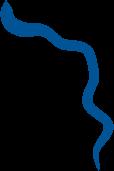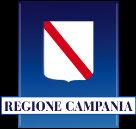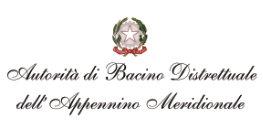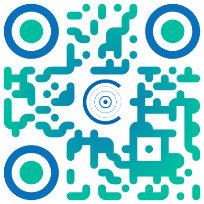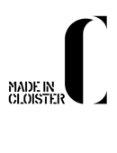
















































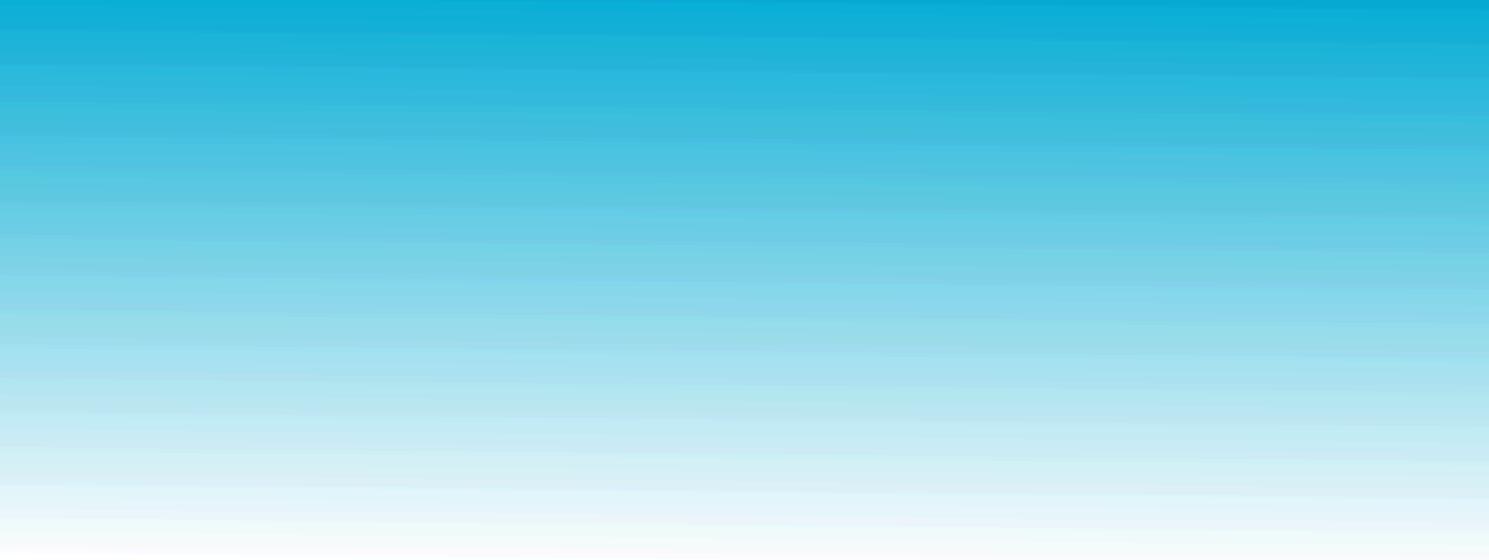
June 23-–July 7
Welcomes artists, architects, activists,writers, researchers, designers,planners and others to a transdisciplinary gathering in Naples, Italy.
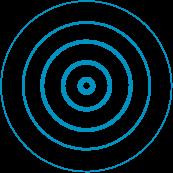
Together, they will imagine,discuss, create and design effective and durable responses to a range of local/regional and trans-national/global water issues.
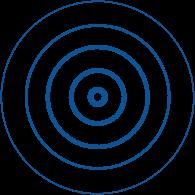
Preennale will foster the renewal of our intimate and vital connection to water, the reuse of Naples ’ancient Greco-Roman underground water network to countervail global warming and urban heat islands; a bottom-up action to resurrecting the city’s communal water heritage; a communal reaction on water scarcity. Preennale curators will design urban water utopias, imagining new eco-cultural paradigms, reasserting water as Commons, and more. Under the umbrella of commoning, they will engage in a collaborative exchange, workshops, presentations, site tours, round table discussions, performances, community engaged art projects, music and other participatory practices giving back creative interventions in public space.
The epicenter of the Preennale in Naples is the Lanificio, a former textile factory in a XIV century cloister located next to the ancient city gate of Porta Capuana, the arrival point of the ancient aqueduct of Bolla that fed water from Mt. Vesuvius into the city for over two millennia. A part of Santa Caterina a Formiello Church, the site now houses Preennale’s host laboratorio architettura nomade (LAN), as well as art galleries, social cooperatives, laboratories, housing, offices and music clubs.
We hope you will join Preennale of Water in 2024 and help to commence a future Biennale of Water in Naples in 2026. This unique event perspective and vision is to create a new kind of biennale, the sort able to perpetrate a new water agenda for people and stakeholders to different cities in the Mediterranean region, like the water that flows and connects.
laboratorio architettura nomade. http://www.lanhub.org. https://www.coolcity.it/hhydrotopia_en/index.html
Press the screen of ATM hydrotopia, and other control buttons after to navigate.
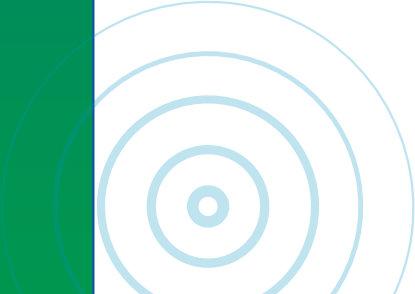
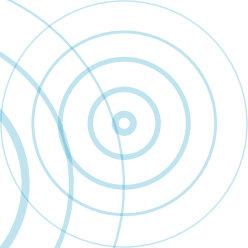
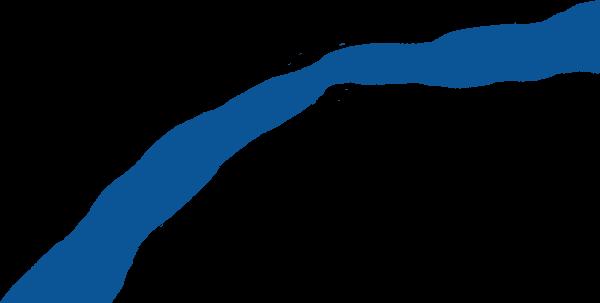
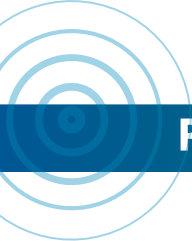
Three visits are planned to sites characterized by peculiar waters, examples of the 'liquid resources' of the Neapolitan territory.
Dates: June 26, wednesday, 9:30am
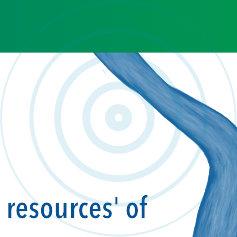
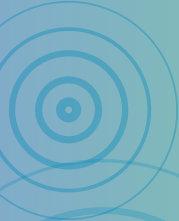
Location: via Chiatamone 51, Naples - Guide: Leone Valentino
Abandoned and under resort hotels, Acqua Ferrata del Chiatamone was named after the ancient Greek word platamòn, meaning marine rocks from caves of Partenope, the first Ancient Greek settlement in Naples in 8th century BC. The water from this spring was used by the people of Santa Lucia until the cholera epidemics of 1973, and was distributed in the famous terracotta jugs known as mummare that kept water even cooler. Now closed to the public, it remains as a mythical site of importance of water to the health and culture of Naples.
Thermal Bath Hotel Structure from the beginning of the 1900s (https://www.coolcity.it/hhydrotopia_en/ files/bagni%20del%20chiatamone_en-GB.pdf) Analytical Chemistry for the Environment—A.B.C. Aqueduct Company; Prof. Marco Trifuoggi and Gabriella Di Natale, Federico II University.

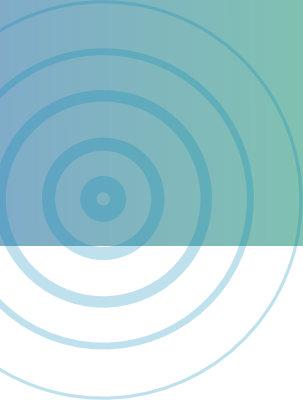
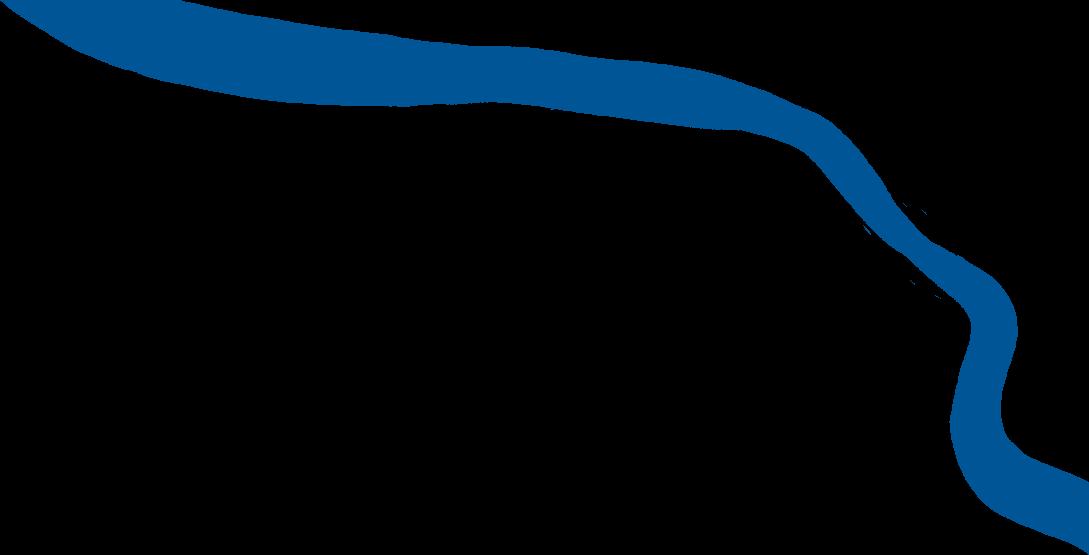
spring of Chiatamone (Acqua Ferrata del Chiatamone)
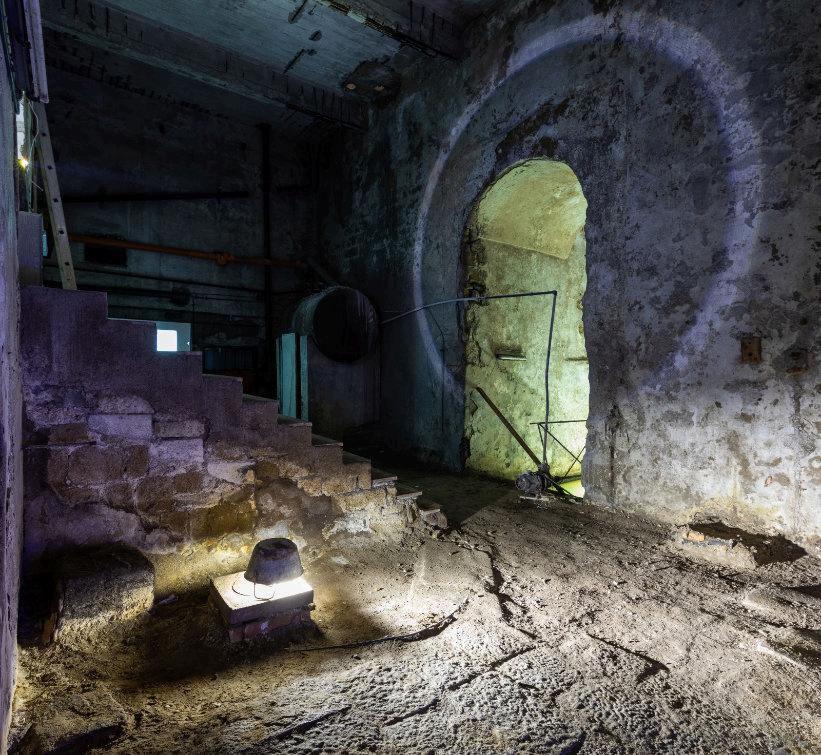
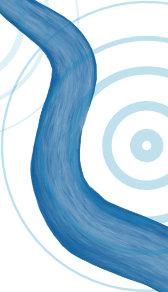
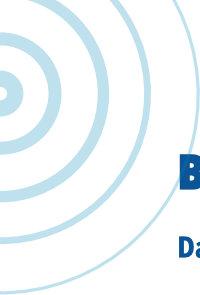
B: The Water House (Casa dell'Acqua) in Casalnuovo (16th century).
Dates: June 23, Sunday - appointment 05:00pm

Location: via casa dell’acqua, Casalnuovo, Napoli - Guide: Daniela Allocca
Casa dell’Acqua was built as a point of control under a Collateral decree on September 4, 1517, issued by the Viceroy Don Ramon Folch de Cardona, Count of Albento and Duke of Somma, to protect and adequately divide the waters from the eastern aquifer to where needed. The intention was to organize the water transportation from the source at Bolla, which was then channeled to reach the mills, water wheel paddles, and wells that served Naples. The work was damaged in various places by the eruption of Vesuvius.
The area of Eastern Aquifer is now divided by various modern transportation infrastructures—the Circumvesuviana—on the Naples-Acerra-Baiano line with its numerous stations; the Naples-Salerno railway line; the high-speed Trenitalia line; the link road of the Caserta-Naples-Salerno A1 motorway; the Trenitalia high-distance line to Bari, these are just a few examples. A dozen archaeological excavations from different historical periods have been recently carried out, revealing the presence of wells, canals, mills, and other traces of human activities related to water that testify to the close relationship of the inhabitants with the local waters. https://www.coolcity.it/hhydrotopia_en/index.html
Press the screen of ATM hydrotopia and after other control buttons to navigate.
Representatives
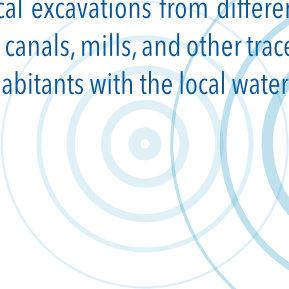
Christian Valle, a member of the Municipality Council, Casa del Popolo cultural center in Volla.
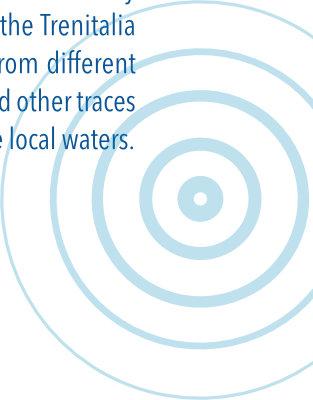


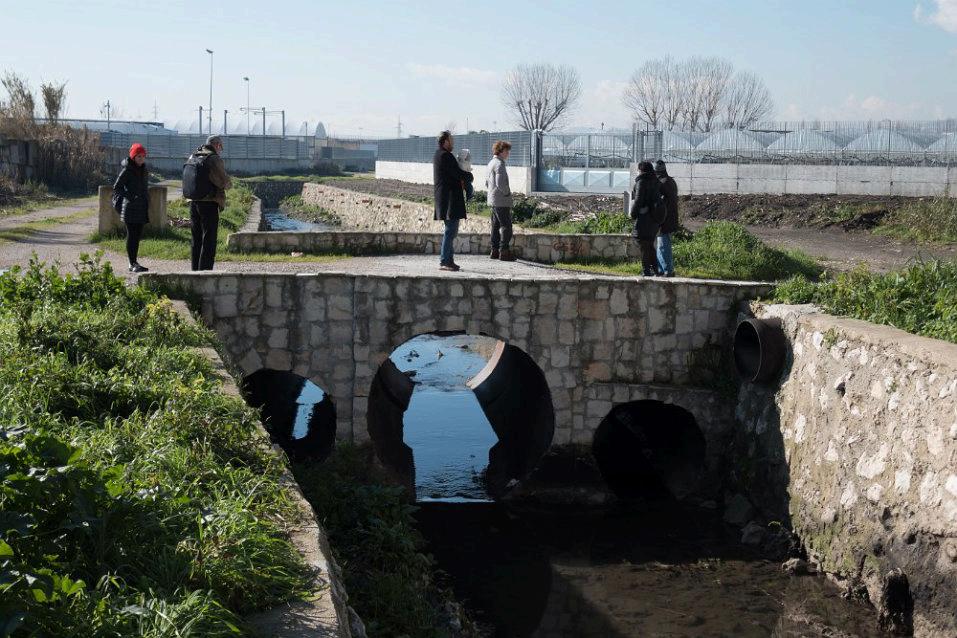
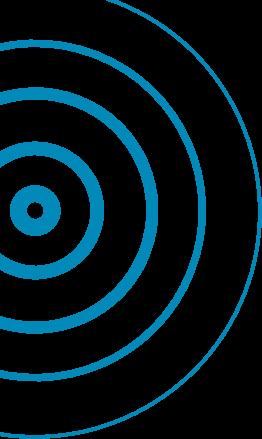
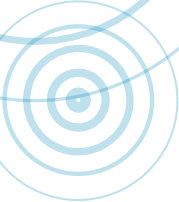


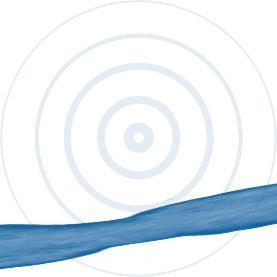
C: The Santa Caterina a Formiello Monastery Complex.
Dates: June 24, Monday, 3:00 pm - appointment courtyard lanificio
Location: Piazza Enrico De Nicola 46 - Guide: Mario Cristiano
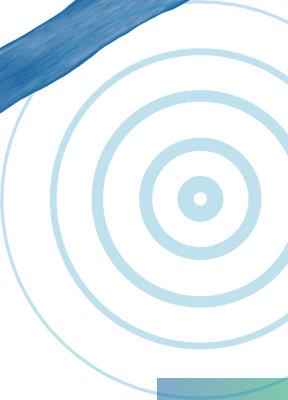
The church of Santa Caterina a Formiello is located in piazza Enrico De Nicola, next to Porta Capuana, once the main gate to the city. Here, the ancient aqueduct of “Bolla” entered the city walls via underground channels into large cisterns before reaching to the houses and buildings of old Naples.The name Formiello comes from the Latin ad formis, meaning towars the conduits, referring to the Bolla aqueduct. Today, the complex is characterized by a mixed use with residences, offices, deposits, art galleries, social cooperatives, laboratories, clubs. Important here is Made-in-Cloister, an exhibition and performative art center in dialogue with the neighborhood, who will presents the second edition of the biennial exhibition interACTION Napoli 2024 from March 16 to September. 14. Preennale’s hosts laboratorio architettura nomade (LAN) is located in the Lanificio part of this complex.

Representatives: Sergio Lomasto Condominium's Administrator; Made in Cloister foundation.

Cool City Design Lab (June 23-July 4)—curated by Kyong Park
This lab will explore ways to reactivate Naples' ancient aqueducts, cisterns, and fountains with international architects and students to counteract urban heat islands created by global warming. The lab will design how to bring up cool water and air from underground ancient infrastructure and create new communal spaces and public life.We will begin with the tours of the Complex of Santa Caterina a Formiello and the surrounding area of Porta Capuana, the Centro Direzionale Business Centre; the Casa dell'Acqua in Volla; the Source of Acqua Ferrata at Chiatamone, to inspect ancient and modern water systems, including underground aqueducts and cisterns. The lab will connect with other parallel programs of Preennale, such as lectures, roundtable discussions, and music, with a unique integration with participatory art projects by Commoning Lab with communities in Naples. The principle of water as a subject and not an object and the personhood of natural resources will be paramount to the lab activities and central to the discourse that situates water as a resource of the Commons.
In addition, there will be a special one-day workshop by Marjetica Potrč on "The Personhood of Nature '' and a series of lectures by Kyong Park on The idea of Progress. Ancient cooling systems, and “What is water?” The manifesto of this work is that nature is not a natural resource, and water is the origin of the first ‘community’ and first ‘state’ of human civilization, all under the questioning of The Idea of Progress. There will be an exhibition of works from this workshop with Common Lab (July 4), and the workshop will meet on June 25, 27 + July 1, 2. During the remaining time, participants can enjoy other Preennale programs, the wonderful city of Naples, and its surrounding attractions.
Workshop Leaders: Dongwoo Yim (Hongik University, Seoul), Carla Langella (Federico II University, Naples), Obra Architects (Pablo Castro + Jennifer Lee, New York & Seoul) andSean Anderson (Cornell University).
Labs Lecturers: Kyong Park (University of California San Diego); Renato Papale (Unione Geotermica Italiana); Pablo Castro (Obra Architects, New York & Seoul); Roberto Germano (Promete Srl); Stefano Serafini (International Society of Biourbanism); Common Views (art collective); Mohamed Adel Dessouki (Arab Academy for Science and Technology); Marjetica Potrč (artist, Lubiana).
Workshop Schedule: June 25, 27, July 1, 2 (mornings + afternoon flexible time)
Exhibition: July 4
Condition: The workshop is free. Participants are self-responsible for travel and accommodations.
https://domansaseoul.org
https://www.obraarchitects.com
Marjetica Potrč The Personhood of Nature (video)
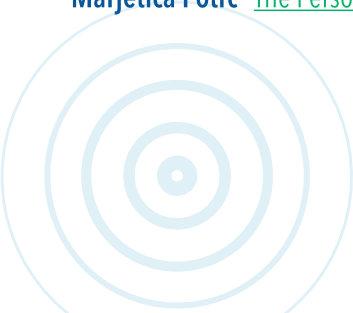
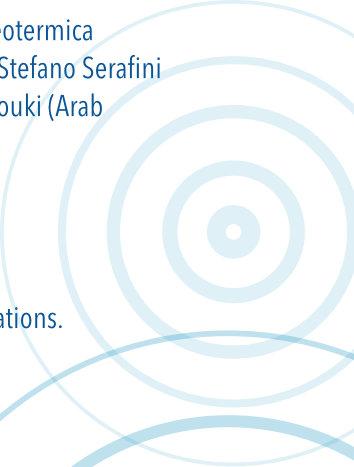
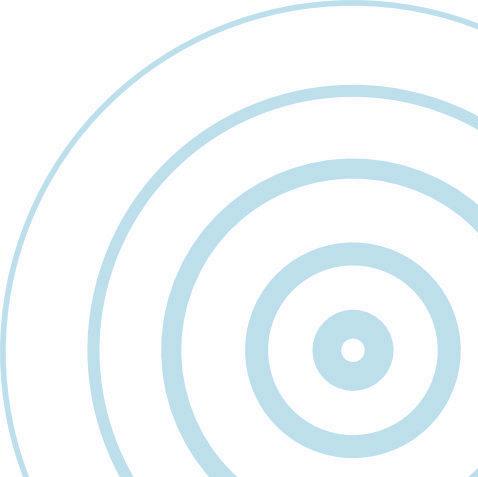
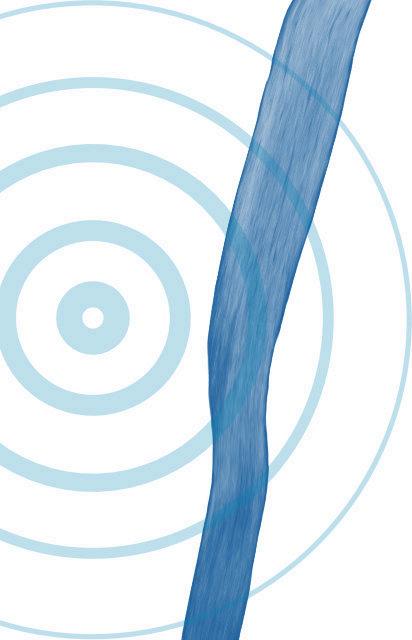
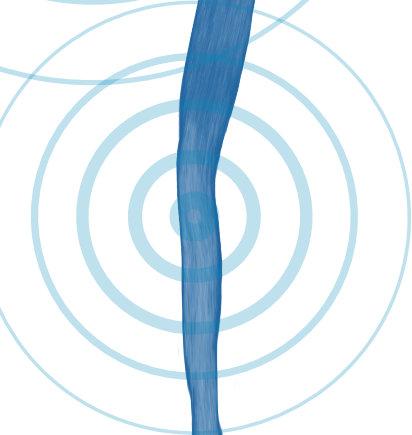
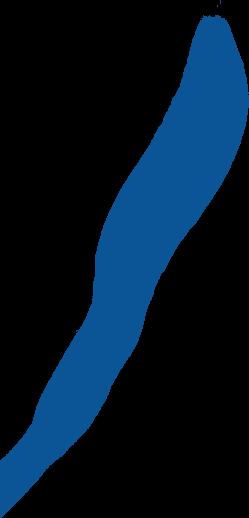


As part of the Preennale of Water, the Common Views collective will be holding a Commoning Lab, focusing on water as a resource shared by all and advancing commoning perspectives for the urban environment. We welcome artists and activists who work in the field of Commoning, individually or as part of existing collectives. We will make use of participatory arts practices and creative public engagement, performance and art creation, drawing on the overarching themes of interconnection, complexity and emergence. Together, we will engage in a collaborative exchange that allows for a horizontal discourse, in an atmosphere of inclusion and diversity, welcoming participants who would like to share their knowledge and skill sets. Some proposed inquiries for the Commoning Lab’s collective explorations are the enclosure of Naples ’water resources; the generating of public participation and engagement; novel approaches and technologies; hacking of existing systems; water water-related sustainability; urban water utopias; more-thanhuman water perspectives; the underground water commons; animating local water histories; cultural water landscapes; developing collaborative working methods,and more.
www.commonviews.art
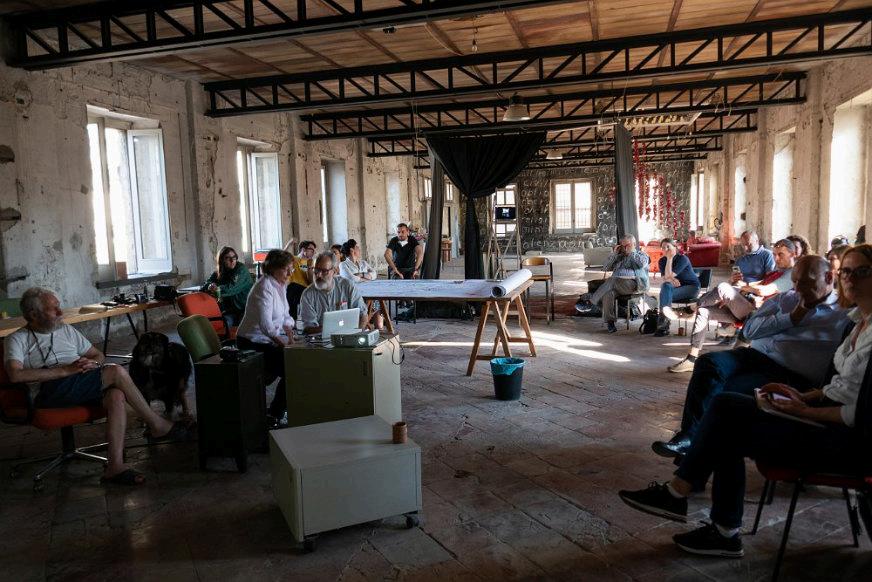
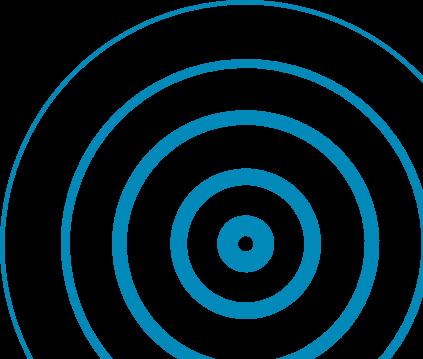
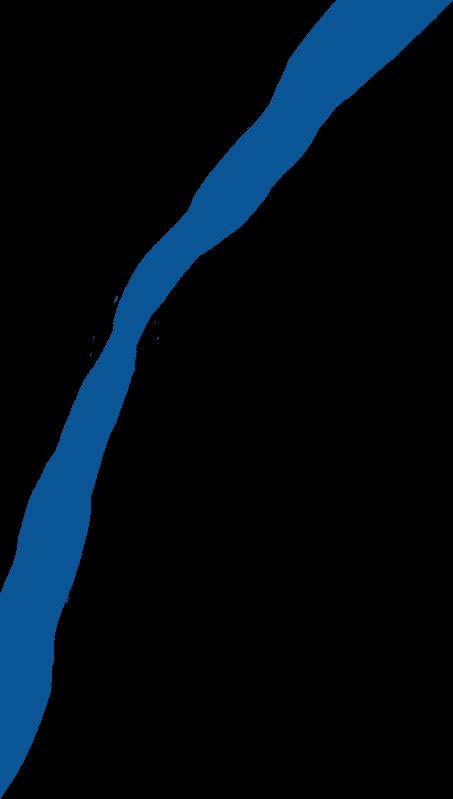
Water and Naples + intro to Santa Caterina a Formiello by Alexander Valentino (lan)

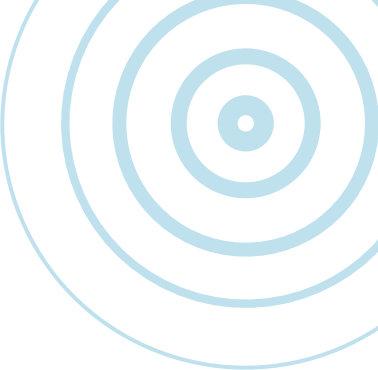
June 24, 12:00 - 1:00pm
If the Neapolitan territories have always hosted the human race, over the centuries Naples has been able to develop a close relationship with the waters that reach and pass through it. The creation of the sophisticated system of capture, supply and accumulation of local waters has trained its citizens and has allowed the city to maintain an important cultural position in the Mediterranean. Since the end of the 19th century this system has been tampered with and Neapolitan waters dispersed or converted into the sewage system. The lesson aims to give an account of the current situation of Neapolitan waters.
- Against Progress? Looking Backward? by Kyong Park (University of California, San Diego)
June 25, 12:00 - 1:00pm
What if I say that we have been fooling ourselves by pretending that the climate crisis is about the environment and not about us? What if I claim that our existential destiny began with the rise and domination of Western and Christian cultures since 1492? What if I argue that our doctrine of Progress that stood on the idea of liberalism and enlightenment is our second exit from the Garden of Eden, how we began to separate ourselves from nature to claim it as our resource, exclusively.What if I debunk that the advancement in science and technologies toward material prosperity would bring us happiness? In respect to “2000-1887,” the subtitled of Edward Bellamy “Looking Backward” published in 1888, this lecture would contextualize the purpose and ambition of the Cool City Design Lab by backtracking the evolution of water from Naples and 2024. In conjunction with my critique of the Faustian economy of unlimited consumption, I will present premodern and ancient technology of water as a medium of cooling spaces and making communities.
source 3 - What remains after all by PRAUD ARCHITECTURE (Dong Woo)
June 25, 7:00 - 8:00 pm
The contemporary project has been trying to answer the postmodern question of how to move beyond modernism through a thread of architectural styles that tried to respond to deficiencies from the modern promise and contextual changes. Yet, the question remains, should this ongoing struggle to move beyond modernism be a stylistic battle? Has the present architectural practice ever left the modernist tendencies, and is there a structure for a contemporary language in architecture? In the face of the rapid transformations of Seoul's built environment, Dongwoo poses a simple question: “What remains after all as a built form?” In Seoul, these transformations are often propelled by a series of accessories attached to buildings. These accessories, mostly applied by users, are more temporal, lighter, and more flexible than elements of architecture and define/or change functions of the building. So, if we acknowledge that the use of architecture can change at any time in the near future, what then is the role of an architect?
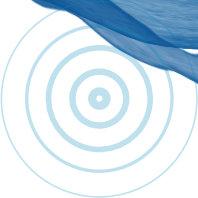
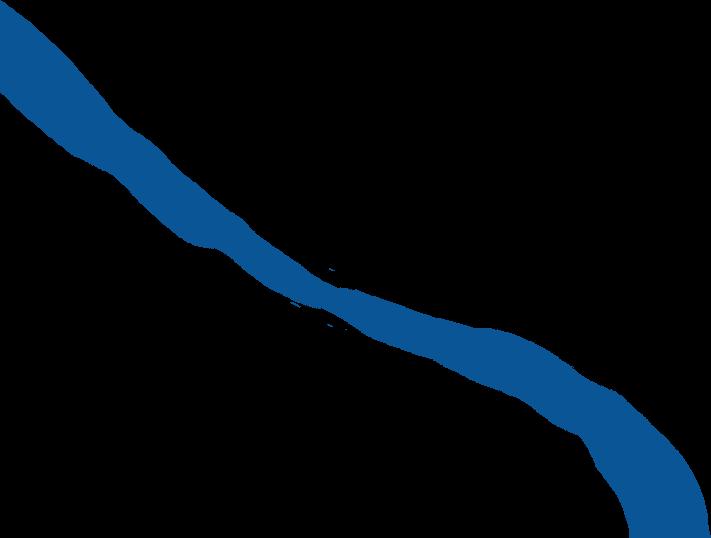
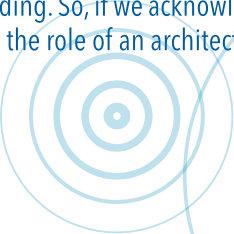
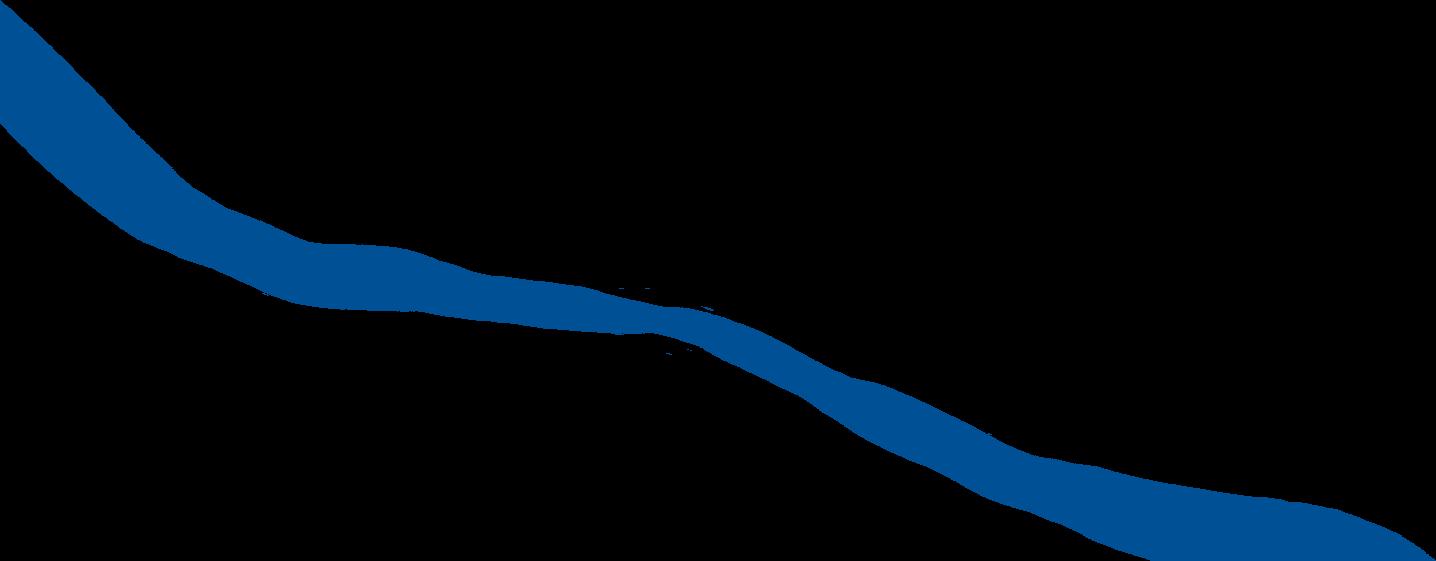
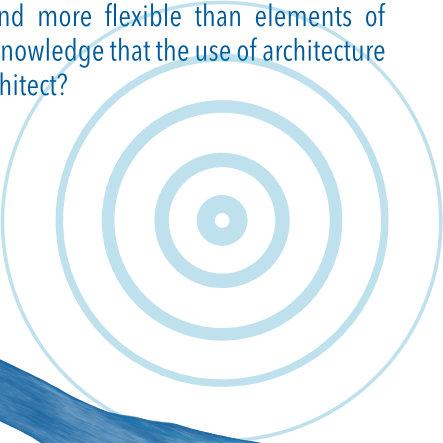
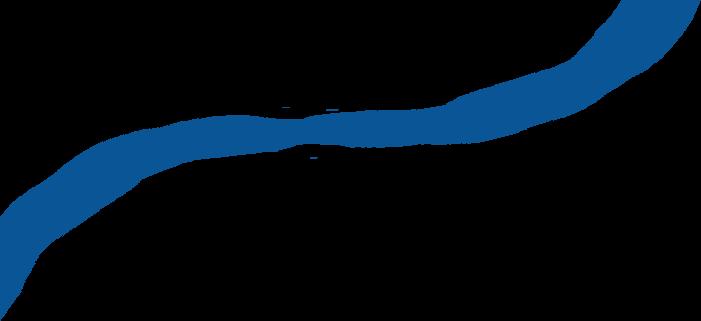
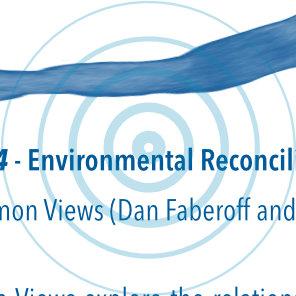
by Common Views (Dan Faberoff and David Behar Peraia)
Common Views explore the relationship between communities in the context of their relationship to their environment, working in conflictual settings. Water, as a vital resource for survival and wellbeing, serves as an invaluable medium for reflecting on and addressing existing power relationships and structural discrimination, injustice and oppression, as well as a critical element for promoting social-ecological connection, and for conceiving alternative visions for transformation. In these times of rapidly developing climate and water crises, and increasing socio-political tensions, the issue of our relationship to water in this context becomes ever more crucial. Common Views present their insights from years of exploring water as an agent for change, working in a range of cultural and geographical contexts, including their work with Bedouin communities under pressure in the Eastern Negev desert, the issue of displacement and immigration in Eastern Europe, and European urban and rural communities in conflict with their environment.
source 5 - Water Resource Governance through District planning
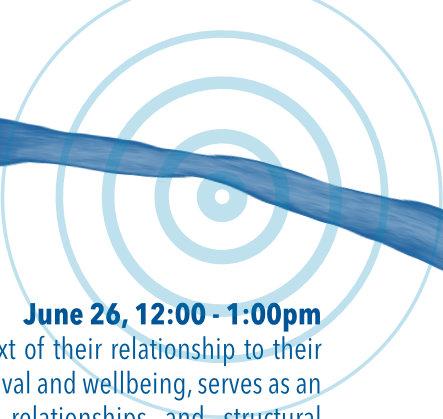

by Vera Corbelli (Segretario Generale dell’Autorità di Bacino Distrettuale dell’Appennino Meridionale)
June 26, 7:00 - 8:00 pm
The Southern Apennines District Basin Authority - in the European and National regulatory configurationcarries out planning and programming activities at the Hydrographic District scale in relation to the defence, protection, use and sustainable management of "soil and water resources", through the Plan of the District Basin and the related Management Plans, which represent, the regulatory and technical-operational cognitive tools through which the actions and rules of use aimed at the conservation, defense and valorisation of the soil are planned and programmed and the correct use and management of water, based on the physical and environmental characteristics of the territory concerned, with a multi-scalar, multidisciplinary, systemic and holistic approach, aimed at ensuring "integrated governance".
Among the Plans mentioned, the "Water Management Plan" takes on particular importance, which integrates and is in osmosis with the other Planning and Programming Tools at various levels and scales (Plans, Subplans and Specific Projects) in area of the Southern Apennines District.
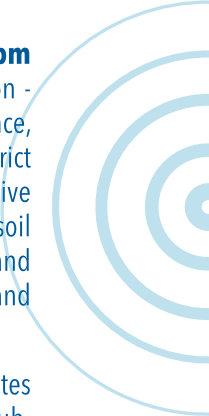
The “Water Asset” constitutes a priority element of our entire ecosystem, and therefore in the elaboration of the Plan the objectives are pursued: to achieve a good qualitative and quantitative status of the water, to ensure its uses (drinking, irrigation, industrial), to protect the environmental/cultural heritage, to evaluate the pressures and impacts, to analyze and evaluate the economic structures, in order to arrive at measures to guarantee social, environmental and economic sustainability.
source 6 -Renewable Heating & Cooling (RHC) in an urban context: assessment of feasibility on historic buildings - the case of the Lanificio Borbonico of Naples.
by Renato Papale (Unione Geotermica Italiana)
June 27, 12:00 -1:00pm
The climate crisis finds a solution in the "decarbonisation" of energy consumption, i.e. in the replacement of fossil fuels, especially for thermal uses in buildings, which are currently responsible for almost 50% of climatealtering gas emissions. The energy requalification of buildings can therefore no longer be limited, as in the past, to a simple increase in efficiency, but must go towards the total replacement of heating and domestic hot water (DHW) production systems. In our Historic Centers, the real challenge is not technological, but becomes that of combining this need with the need to respect the historic building. A possible approach is discussed taking the Lanificio complex as an example.
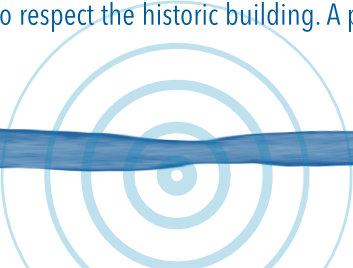

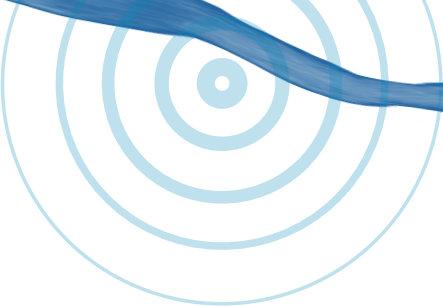
source 7 - Nature-Based Solutions for Climatic Control of Urban Spaces
by Alberto Cerezo Narvàez
June 27, 7:00 - 8:00pm
Urban space has become a hostile territory for citizens due to unsustainable and non-resilient urban regeneration patterns, which have led to an exponential increase in the use of private transport, and the emergence of the urban heat island effect. At the rural level, the fragmentation, depletion and destruction of habitats, loss of biodiversity and degradation of ecosystems stand out. All these phenomena fuel global warming, which aggravates the intensity of the urban heat island and leads to increasingly intense and frequent heat waves, droughts and floods. If to the impact of global warming and environmental degradation is added the health pandemic, the importance today of creating thermally comfortable outdoor environments is inescapable and unavoidable. The Termotecnia Research Group is continuing along the path it began at the 1992 Seville Universal Exposition (EXPO'92). The more than 30 years since then have allowed the incorporation of innovative components and strategies (such as variable solar control, night sky dissipation, ground dissipation with night evaporative regeneration, thermal storage in subway channels or solar electricity production), and the integration of ICT for optimal operation of the technical systems (in aspects such as remote sensing, presence control, user preferences, climate prediction, etc.). The research projects Cartuja Qanat (Recovering the Street Life in a Climate Changing World) and LIFE Watercool (Water Efficient Systemic Concept for the Climate Change Adaptation in Urban Areas) represent a pioneering experience in outdoor facilities conditioned by nature-based techniques, with zero energy consumption, zero emissions and zero annual water consumption. Throughout the lecture, the main components and solutions used will be mentioned, identifying the optimal passive and active adaptation measures to improve the comfort of the occupants in outdoor spaces. The results will help urban planners, engineers, architects and landscape architects to design thermally comfortable open spaces.
by Pablo Castro and Jennifer Lee
June 28, 7:00 - 8:00pm
While not all of the projects are about water, they all propose an alternative attitude towards the natural. If we can consider life in particular as standing-in for nature in general, we can draw an operative distinction between objects and lifeforms. The latter could be understood as a presence sometimes endowed with some degree of sentience but, most importantly, with metabolic functions that, while not formally fixed, respond to the dictates of an evolutionary process darkly unfolding in time beyond our direct control, there are limits to the way in which living things can be treated. While an object can presumably be manipulated with certain

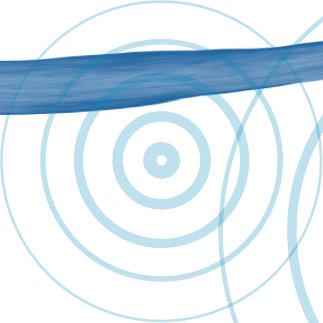
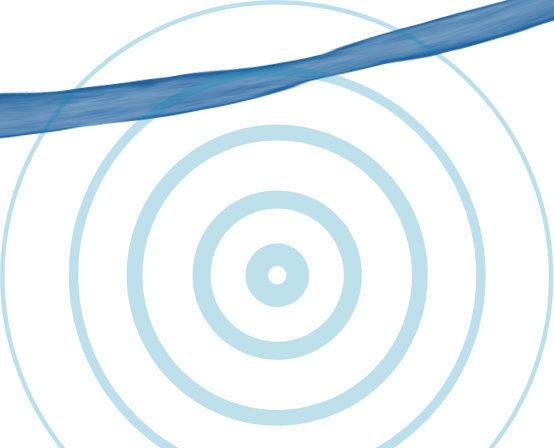
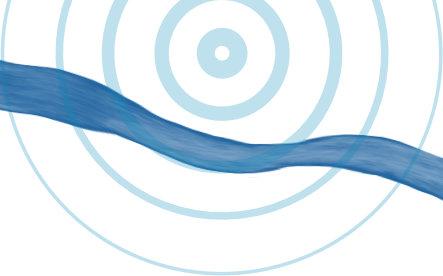
source 9 - Water and peri-urban agriculture by Patricia Mejías Moreno
The presentation will highlight the crucial importance of sustainable water resources management in periurban environments to ensure food security and agricultural development.The specific challenges facing periurban farmers and cities in terms of access to water, water quality and competition for scarce water resources will be presented. Furthermore, innovative strategies will be explored to maximize the efficient use of water in agricultural production in peri-urban areas to improve food access to cities, in a context of climate change and urban growth.
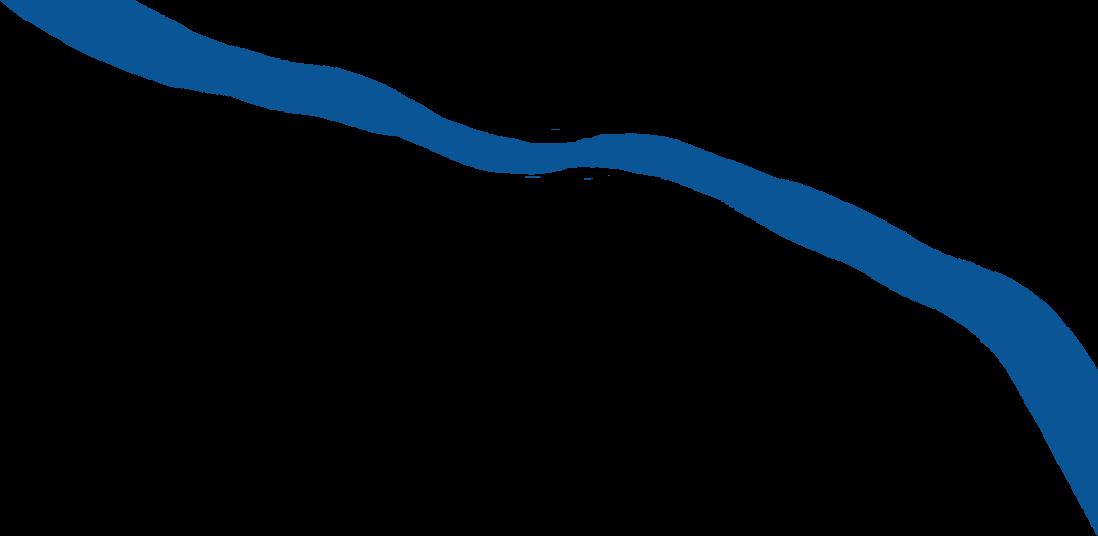
source 10 - The Personhood of a River. by Marjetica Potrč, (artist and architect)
July 1, 7:00 - 8:00pm
The 2021 referendum on water rights in Slovenia pointed to a shift in attitudes towards nature in contemporary culture: from a society of owners to a society of caretakers. In the eyes of a caretaker, a river is not an object but a subject. As a subject, its rights are recognized by law, which, no longer human-centered, acknowledges the agency of nature. Who, then, is a river as a person, and what is our dialogue with it? Can a river own itself? What does a river want? In 2022 I explored these issues with the Wiradjuri elder Ray Woods, a caretaker of the Lachlan River and a guardian of the river's rights in New South Wales in Australia, as well as currently with the community-based initiatives in Bogota in Colombia.
source 11 - Biourbanism of Water: Mediterranean Urban Codes and the Commons. by Stefano Serafini (International Society of Biourbanism).
July 2, 12:00 - 1:00pm
The use of water in Mediterranean urban settlements follows common patterns and codes whose origin has been studied by Prof. Besim Hakim. This presentation addresses this topic advocating its possible restoration.
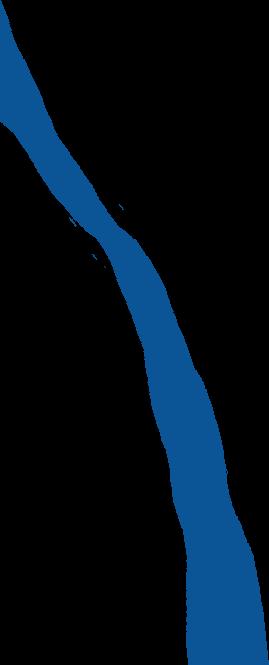
source 12 - Save Alex: Grassroots mobilization for urban and architectural conservation in Alexandria. by Mohamed Adel Dessouki (Arab Academy for Science and Technology)
July 2, 7:00 - 8:00pm
The fear of losing the city of Alexandria, Egypt, is deeply rooted in the hearts and minds of its residents and admirers around the world. The city was destroyed and rebuilt several times throughout its history and has faced many threats, both natural and man-made and remains a city that is vulnerable to loss. This lecture focuses on the loss of Alexandria’s built heritage and the efforts of activists and grassroots groups who tried to save this heritage in the past decade.
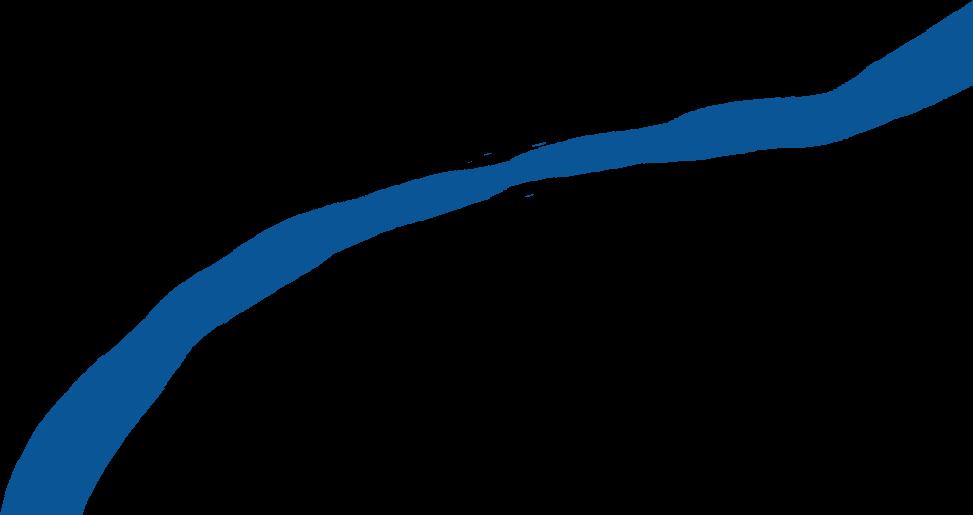
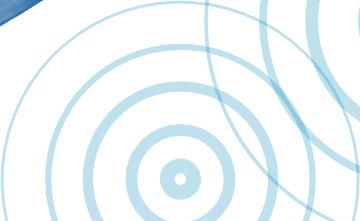
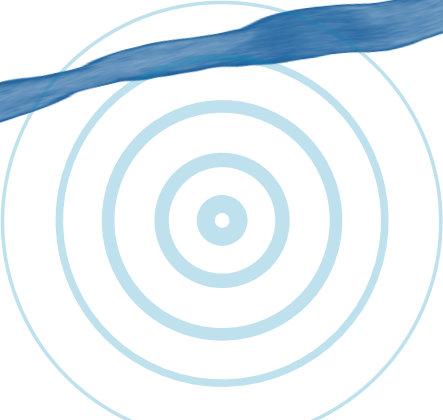
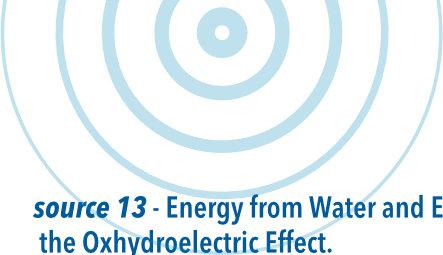
- Energy from Water and Environmental Heat in the New Urban Landscape: the Oxhydroelectric Effect.
by Roberto Germano (Promete Srl)
This talk is devoted to a revolutionary discovery and its impact on cities thanks to the deep physical nature of Water. The speaker is Roberto Germano, a physicist specialized in quantum mechanics and the physics of water. He discovered the Oxhydroelectric Effect (https://en.wikipedia.org/wiki/Oxhydroelectric_effect patented a system to leverage it in order to produce electricity from environmental infrared energy. He is the CEO of Promete (www.promete.it), a technology transfer spin off company of the Italian National Research Council (since 1997), and the CTO of Oxhy (www.oxhy.it) a young Innovative Start up company devoted to making the oxhydroelectric-based production of clean and unlimited energy available on a mass scale. Roberto is also a "cultural-political" activist. He has published several papers on experimental physics, some patents, and wrote dissemination books such as Fusione Fredda [Cold Fusion] (2000); AQUA (2006), and Il Trasferimento Tecnologico [Technology Transfer] (2010).
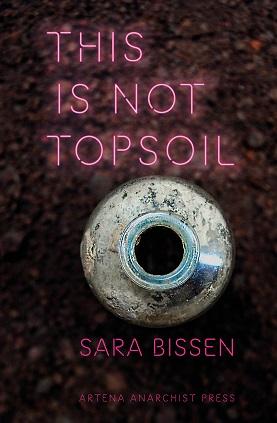
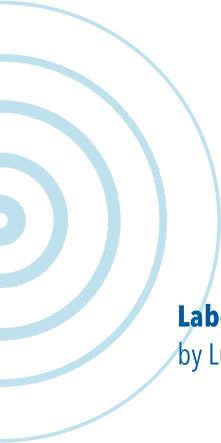
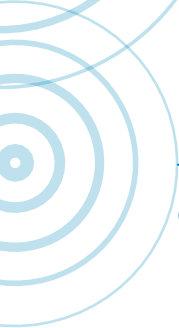
Laboratory - water and flour
by Luigi d’Alessio
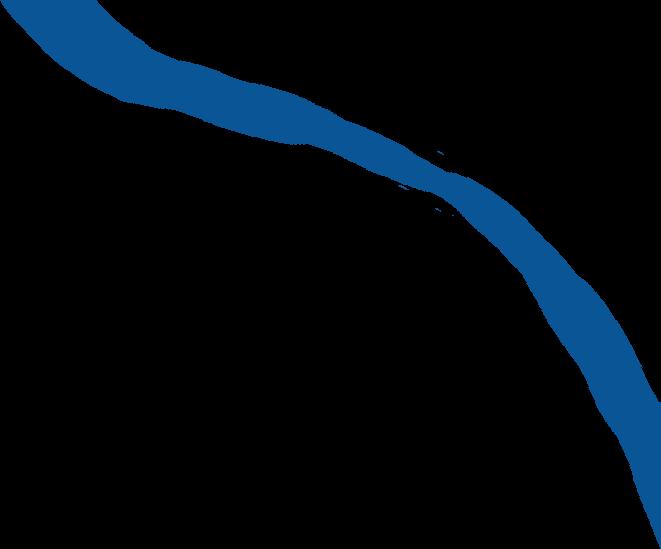
Book Presentation - This is not Topsoil (AAP, 2024).
by Sara Bissen
July 3, 5:30pm
This book follows the publication, ten years ago, of “Topsoil,” an essay about dispossession of soil and the reproduction of capitalistic value, focusing on the rural condition—the basis of the pyramid on which the megamachine is founded. The book shows the destructive erosion of such a basis as evidence of the folly of the system and its mechanism of the division of consciousness, society, nature and body. Ten years later, This is not Topsoil reproduces and sacrifices “Topsoil” by adding a discussion about the absence of soil in our society as the end of a much needed common language.
July 3, 6:00pm
Punto Zero Atelier, p.zza E. de Nicola 46, scala B, 1th floor, int. 87a, new corridor
The workshop is led by Luigi d'Alessio, expert on energy-saving buildings in accordance with the most up-todate benchmarks. He writes and leads workshops on day-to-day ecology suggesting new styles of life, out of respect for all living beings. Manual worker in the preparation of vegetarian food and bread-maker with his 124-year-old sour dough. Multidisciplinary, holistic approach oriented, he focuses on the study of existential problems and on their interactions within the connected parts. He practices yoga and meditation to accomplish his work. Anna Rita de Ceglia, sound and voice therapist, Reiki master in Angelic Therapies and Theta Healer, will accompany the session with the effluvium of voice and vibrating sound of the crystal bell.


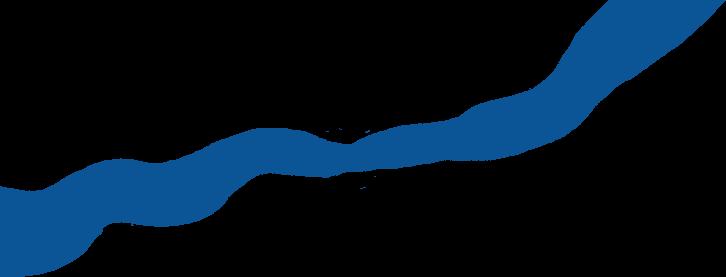
Round Table Discussions
moderated by Paolo Pontoniere (Fulbright Program Specialist) -
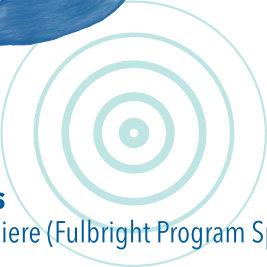
Whose water is this anyway?
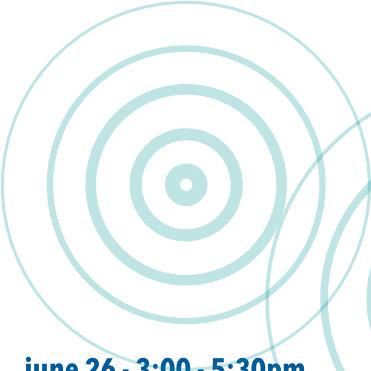
june 26 - 3:00 - 5:30pm
Water is taken for granted, especially in urban environments and the First World. When we open the tap, we expect a fresh stream. It's natural, right? We don't even consider that nothing can come from the tap. When it doesn't, our first reaction is never one of concern but of surprise. In fact, we ignore and are blithely disinterested in all the managerial and proprietary aspects surrounding our access to this natural resource.
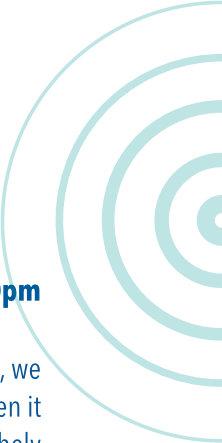
How did this get into our sink, what exactly does it contain, and to whom do we owe its distribution? These are questions that only very few can answer. Heck, many times, as in the case of Naples, not even the experts are sure of this factor, and conflicts of jurisdiction often arise.
In recent decades, two trends have influenced these dynamics: on the one hand, the push to affirm the primacy of common interests and consequently of public management; on the other, the push for privatization and corporate leveraging to maximize commercial profit derived from this natural resource.
However, a third trend has recently emerged: affirming the inalienable legal rights of natural resources (Nature's Personhood). If a company has the same rights as a person, why can't water?
Discussing it:
Edoardo Borgomeo (Aquatic Engineering, Cambridge Universityauthor of “Blue Gold Stories of Water and Climate Change);
Sergio D’Angelo (ex- Presidente ABC); Betsy Damon (author, “Water Talks”);
Betsy Damon (author, “Water Talks”);
Sergio Marotta (professor of Juridical Sociology, University “Suor Orsola Benincasa”, Naples;
Luca Mascolo (President EIC).
The Cistern for Biennale of Water
July 5-6
A working group of individuals, committees, and organizations have participated in the Preennale of Water to lay the foundation for the future Biennale of Water Naples 2026. The cistern will convene during the Preenale at the end of certain days, with plenary meetings in smaller thematic groups. A congress for the Biennale of Waters will take place on July 5-6 to find a common position and an organizational structure that can further develop and implement the biennale, with additional collaboration with other cities around the Mediterranean. The work of the Cistern will continue remotely after this session over an extended period.
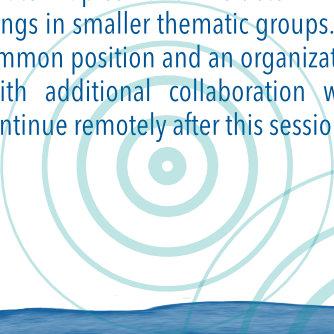


laboratorio architettura nomade (LAN) is a group of architects, artists and designers who experiment with the production of projects, events, workshops, new research concepts and new ideas for urban life and the built environment. LAN is a non-profit association founded in 2004 for the research and diffusion of art and architecture.
Cool City is an international school that was founded in 2021 by laboratorio architettura nomade (LAN) and Kyong Park to revisit ancient technologies and revise contemporary ones for the creation of a new eco-culture in the climate endgame. It is opposed to the privatization and materialization of urban spaces and wants to imagine future communities and myths in the post-anthropocentric cities. Its first workshop was in Seoul, South Korea, together with Yeonghwan Lim and Sunhyun Kim (Hongik University), Alexander Valentino (LAN), Nick De Pace (RISD) and Kyong Park (UCSD) and was presented at the Open School in the Korean Pavilion, Venice Architecture Biennale (2021).

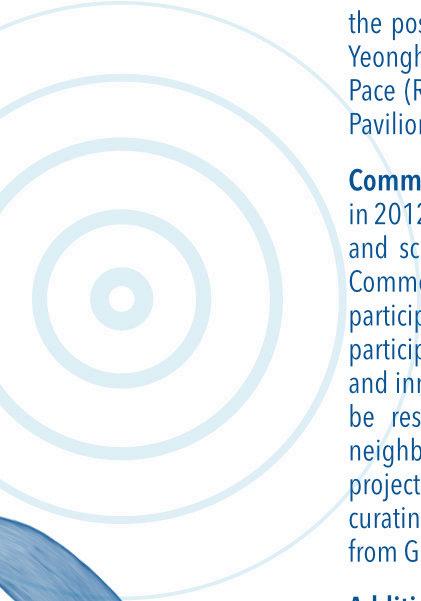
Commonspace is a collaborative, interdisciplinary planning and design group, established in 2012.The wide range of Commonspace members and associates form a network of experts and scientists involved in urban and spatial planning and environmental management. Commonspace has created a specifically structured methodology and a set of tools for the participatory planning of public space and brings substantial expertise, having led participatory projects funded by the European Commision, the EU’s Horizon Europe research and innovation programme, the EU’s Erasmus+ programme and others. Commonspace will be responsible for the communication of the Water Biennale in Greece and other neighboring countries. Commonplace will be involved as an equal partner, supporting project financing, development and production, and serving as a secondary hub, as well as curating a special program as part of the Naples Biennale, presenting the work of participants

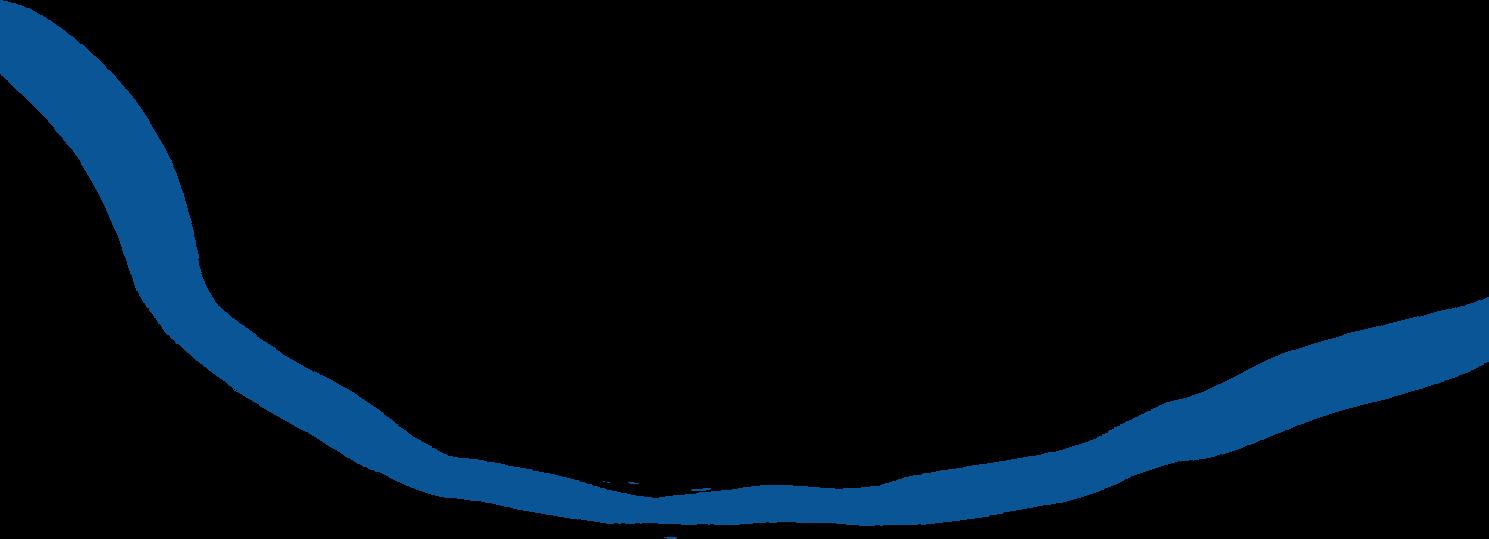
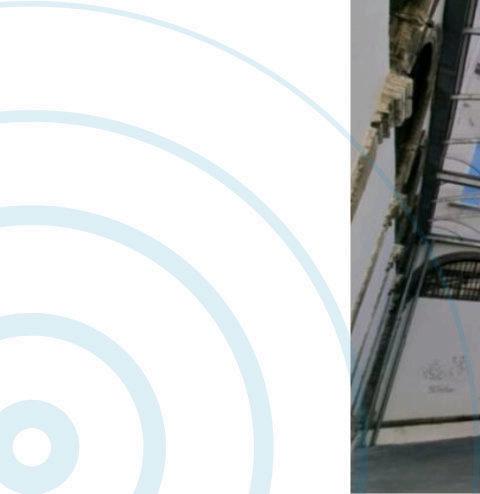
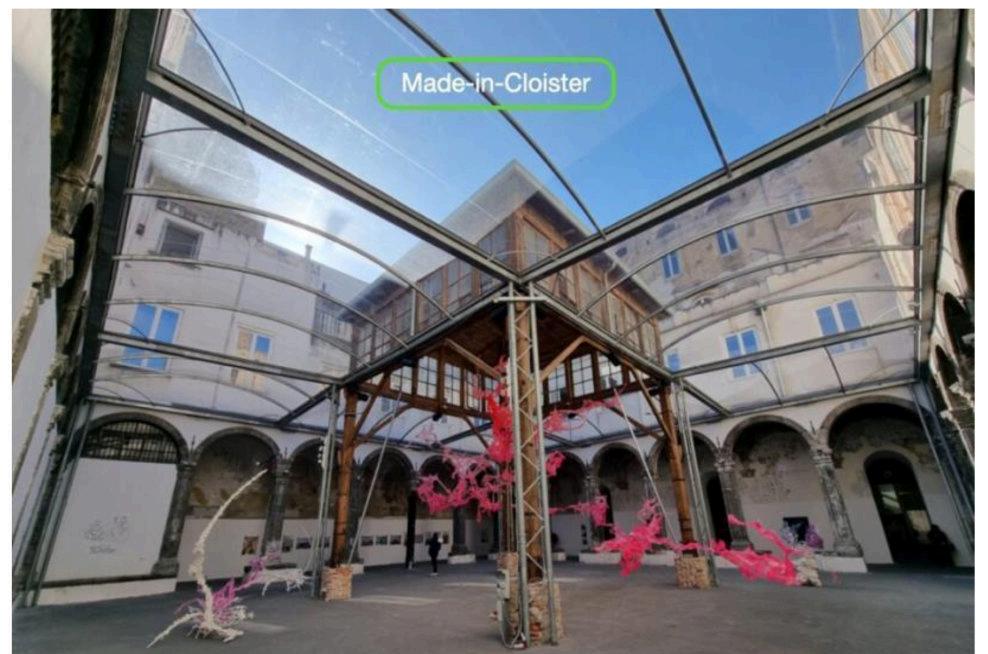
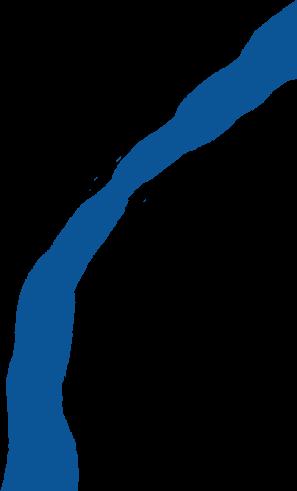

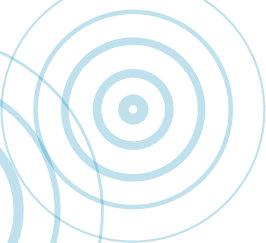
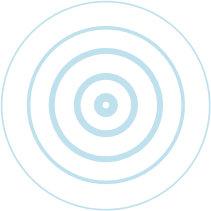
Thanos Andritsos (cistern / final crit) - studied Architecture (M.Eng.) at the University of Thessaly, holds a master's degree in Urban and Regional Planning from NTUA, and is a PHD researcher in Sustainable Urban Development. He has more than fifteen (15) years of experience in Urban and Regional Planning, participating in several studies and projects related to Sustainable Urban Development, Integrated Territorial Investments, Spatial Development and Urban Design. He has participated with distinction in several public architectural competitions. He has in-depth knowledge of global and European urban policies and strategies. He has worked on multiple international projects for urban development, environmental protection and sustainable energy transition. He is familiar with urban and regional planning legislation and gained significant knowledge of policy making and local governance through his experience as a consultant to public bodies such as municipalities and ministries. He is an expert in participatory planning and community engagement/ development. He has worked for many years as Project Director, Project Manager, Team Leader, Consultant and Senior Designer in multiple projects in Europe (Greece and at a European level) and the Middle East (Saudi Arabia).
Valeria Apicella (Lanificio host/cistern) - investigates the bodily experience as a process of integration of experience. She is a contemporary artist whose performative, visual, and sound research is an embodiment of the sensorial fabric and of memory. Her work evolves between choreographic works, site-specific performances, participatory actions and installations. She explores the poetics of the present as a political and ecological act: a necessary reflection on the values of existence. She lived in Paris for 20 years, working with international dance companies, and founded Companie 3.14 in 2005 with the movie critic Cyril Béghin. She created productions in France and Italy between 2005 and 2017. In 2016 she founded her own studio, the puntozerovaleriaapicella, as a creation in itself, an act of urban and human regeneration set in the multidisciplinary hub of the former Lanificio in Naples. In 2019, the Puntozero opened as an independent space for research, delving into the ethical values that constitute Valeria Apicella’s work. As its artistic director, she works on the empty space and the need to preserve the activity of exchanges and creation processes with local and international artists in this ancient cloister's silence. In recent years she has collaborated with numerous Italian local entities: Dedalus Social Cooperative, Open House, Art Days, museums (Capodimonte, Madre), institutions (Campania Teatro Festival, Morra Greco Foundation, Suor Orsola Benincasa University) and theaters (Teatro Nuovo, Bellini Theatre).
Cyril Béghin (commoning_lab attendant) - writes about cinema for magazines, catalogs and collective books. He has worked for the French magazine Cahiers du cinéma from 2004 to 2020, and has been a member of its editorial board from 2009 to 2020. He is the editor of several books: Marguerite Duras and Jean-Luc Godard, Dialogues (Post-éditions, 2014) ; Robert Kramer, Notes de la forteresse (Post-éditions, 2019) ; Chantal Akerman, Oeuvre écrite et parlée (L’Arachnéen, 2024). Moreover, he has translated in french Giorgio Agamben’s Autoportrait dans l’atelier (L’Arachnéen, 2020). Since 2002, he is the collaborator of the Italian artist and choreographer Valeria Apicella. He has worked on all her pieces, installations and performances, and more particularly on the sound design for My Flowers (2009), Psalm a Secret Song (2012), Minimum Maximum (2017), Delayer (2021). He is also part of Valeria Apicella’s research and production studio in Naples (puntozerovaleriaapicella) and of its different fields of creation, as the series “Word Body Art” (video interviews with contemporary artists about their relation to the body) of the performance series “Experience Collection”.
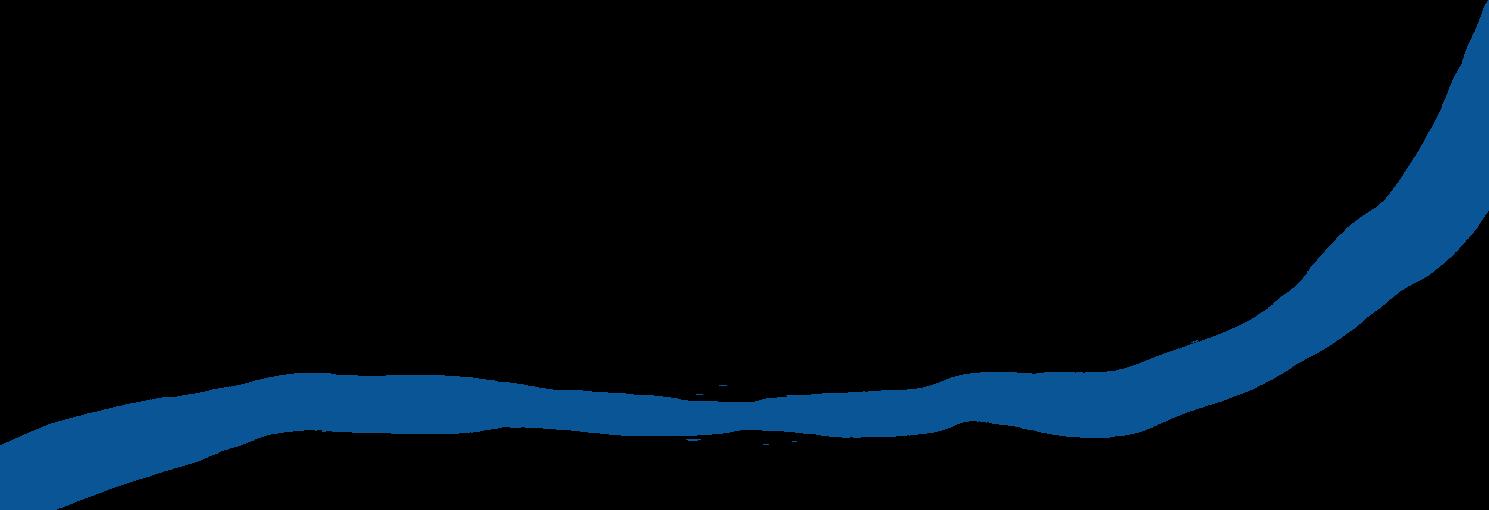
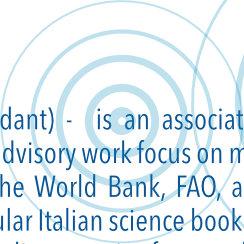

Edoardo Borgomeo (round table attendant) - is an associate professor of water engineering at the University of Cambridge—his research and advisory work focus on managing the impacts of climate change on freshwater systems. Edoardo worked for the World Bank, FAO, and the International Water Management Institute. He is the author of Oro Blu, a popular Italian science book about water and climate change.The book won the 2023 Asimov Prize, Italy’s foremost literary prize for popular science, awarded based on the votes of more than 13000 Italian high-school students.
David Behar-Perahia (commoning_lab leader) - works on the seam between sculpture and architecture in site-specific manner using a diversity of Languages: Sculpture, installation, performance, sound, and video. He examines the interplay between art and action and examines the concept of "place" with references to cultural, social, historical, and environmental elements. Since 2008 he has worked with communities in a participatory manner within diverse cultural contexts. Since 2012 David has been reflecting the context of the Israeli-Palestine reality through art projects and academic research. His work has been presented internationally, and he has created site-specific projects in the UK, Greece, Israel, France, Italy (including the 53rd Venice Biennale), Brazil, Germany, Poland and Greece. David founded in 2016 the MUNDI_Lab (Urban Design Interventions Lab) at the Technion Institute, where he researched the context of Surveillance, Gentrification and Urban Memory in the shared Israeli-Palestinian public space. Since 2020, David has lived in Tuscany and has founded the Alter’azioni - Commoning Arte e Cultura Studio, Firenze.www.davidbehar.info
Christian Costa (commoning_lab attendant) focused his interests on territories, communities and social groups. He conceives and organizes long-lasting public art projects with a relational approach that allow him to return over time to such places to search its genius loci and to strengthen relationships with the local people. If the art system manages such processes following economic criterias of time and utility, Christian lives to deny and overcome this mercantile approach to the concepts of duration, place and identity. He produces photography, installation, video and performance, usually focusing on sound. The idea of “place” is his medium, identities connected to places, the way they are perceived by people living there and by people coming from the outside. The mutual relation between identity/memory and physical space. The consequences socio-economic processes have on cultural perception of space. He writes on Rumore, NextExit, SuccoAcido magazines and has showed his work at the Venice Biennale, Manifesta, the Liverpool Biennale, the World Expo in Shanghai, the European Culture Congress in Wrocław and in institutions such as the MADRE Museum in Naples, Parsons The New School for Design in New York, the American University of Beirut, the MACRO Museum in Rome, Palazzo Strozzi and Palazzo Vecchio in Florence, the Academy of Fine Arts in Wrocław, the Trianon Viviani Theater in Naples, etc.
Vera Corbelli (lecturer) - is General Secretary of the Southern Apennines District Basin Authority. Graduated in geology, Corbelli has carried out activities in the territories of the Central South, studies and technicaloperational courses in various professional and government sectors. As part of this activity, she initiated and defined the basin planning and programming paths at regional and national level, giving rise to the operation of the Liri, Garigliano and Volturno National Basin Authority, with the function first of coordinator, then of manager.
Mario Cristiano (survey guide) - Engineer, PhD in Construction Engineering, specialization in Building Recovery and Technological Innovation, at the Department of Building Engineering of the University Federico II of Naples. Safety coordinator in temporary and mobile construction sites. He is the author of numerous specialist publications in the field of engineering. Has collaborated in teaching activities as an adjunct professor in the Faculty of Engineering of the University of Naples Federico II and the Faculty of Engineering of the University of Molise. In 2010, he was a FULLBRIGHT Scholar at Carnegie Mellon University in Pittsburgh. Member of SSI Italian Speleological Society. Qualified to work at height using rope access and positioning systems and work in confined spaces. UAS Pilot in Subcategories OPEN A1-A3.
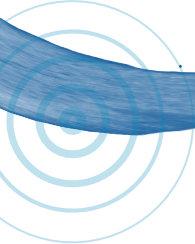




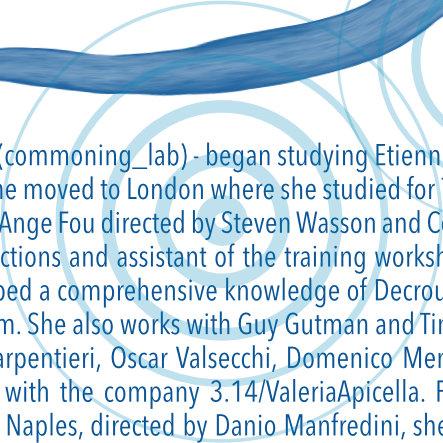
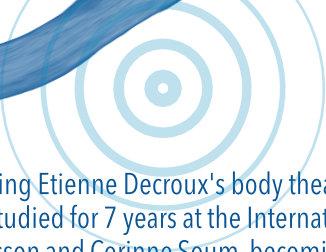
(commoning_lab) - began studying Etienne Decroux's body theater in 1993 with Michele Monetta. In 1997 she moved to London where she studied for 7 years at the International School of Corporeal Mime / Theater de l'Ange Fou directed by Steven Wasson and Corinne Soum, becoming an interpreter of some international productions and assistant of the training workshops in Italy. Over the course of these years in London she developed a comprehensive knowledge of Decroux's body theater and a deep understanding of this complex art form. She also works with Guy Gutman and Tim Meara. In Italy she collaborates with Michele Monetta, Renato Carpentieri, Oscar Valsecchi, Domenico Mennillo, Alfonso Benadduce, Pierpaolo Sepe. In France she worked with the company 3.14/ValeriaApicella. From 2014 to 2017 she taught at the Bellini Theater academy in Naples, directed by Danio Manfredini, she then continued to teach for the Bellini Teatro Factory directed by Gabriele Russo and will also be present in the next three-year period directed by Mimmo Borrelli. In 2018-19 she is a teacher at the dance school of the Teatro San Carlo. Since 2019 she has been a teacher at the Naples Theater School directed by Renato Carpentieri. She has given workshops and courses in corporal theater at the Royal Central School of Speech and Drama in London, at the Centro Teatrale Umbro for Pierpaolo Sepe's Macbeth at Start/interno5. Since 2019 she has been among the guest teachers of the Scuola Elementare del Teatro directed by Pasquale Iodice. Over the years he has maintained a strong interest in theatrical research and experimentation and has written and directed some personal works: “Exit the King”, “The Body of Poetry”, “Marylin”, Red Fish – First Study on Solitude” , “Cabaret Colett” in collaboration with Valentina Curatoli.
Martin Devrient (commoning_lab attendant / cistern) - was born in 1970 in Saalfeld, a small border town in the former DDR. He studied History of Art, History and Civilization of Islam and the Ancient Near East, then architecture (degree 2001, Bauhaus Weimar University, 2002-07 PhD in archaeological restoration). After several collaborations with architectural firms, since 2004 he has become a photographer, his main activity with collective and personal exhibitions (Pan, Museo Madre), workshops (Lomè, Dakar) and professor of history of photography at the Orientale University Institute (2007- 11). He specializes in the border between photography and virtual applications: interactive virtual tours - of the Madre Museum (2008-12), Castel Capuano (2012), L'orientale Univ. (2022) etc., and interactive photogrammetric 3D models. Collaborations with artists (Jeff Koons, Mimmo Paladino, Michele Iodice – Maiuri Popup in the Herculaneum excavations...) and associations (LAN – EU-RoMa project, CoolCity).
Mohamed Adel Dessouki (lecturer / final-crits / cistern) - is an educator and a visual artist based in Alexandria, Egypt. He is currently an assistant professor of architecture at the Arab Academy for Science and Technology. Dessouki got his bachelor degree in architecture from Alexandria University in 2000 and earned a master’s degree from the Arab Academy for Science and Technology in 2003 and a Ph.D. in Architecture from Cairo University in 2012. He is a founding member of the Save Alex initiative which has been advocating, since 2012, to protect the built heritage of the city of Alexandria. He blogs about the city of Alexandria, its endangered heritage and its history in Gudran Medina Mot'aba (Walls of an Exhausted City). https://www.instagram.com/dessouki_/
Simona Di Fraia ((final-crits / cistern) - M.Sc. in 2013 with honors in Environmental Engineering at the University of Napoli Federico II and Ph.D. in 2017 in Energy Science and Engineering at the University of Napoli "Parthenope". Since 2017, she has been working as Research Fellow and then as Assistant Professor of Applied Thermodynamics and Thermal Science at the Department of Engineering of the University of Napoli "Parthenope". She teaches the courses of Environmental Control Techniques and Applied thermodynamics and thermal science. She has been Visiting student at the Technical University of Harburg – Hamburg, Visiting Research Student at Swansea University, and Visiting Researcher at the Rhode Island University and at the Indian Institute of Technology Madras. She has participated at the research activities of several R&D projects related to innovative energy conversion systems. Her scientific interests are related to thermo-fluid dynamics and heat transfer, energy efficiency and energy conversion systems with low environmental impact, mainly focusing on bioenergy applications. She is author of 50 scientific publications including papers in international journals, proceedings of national and international conferences, and chapters of international

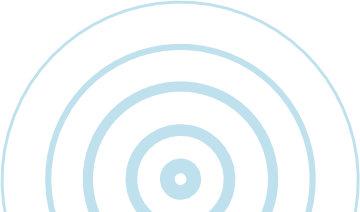

Ali Kemal Ertem
Archeology Department in the Literature Faculty at Dokuz Eylül University. He took courses in the Design Studies Department at Izmir University of Economics and he continues to work towards his masters degree in the MuseumStudies Department at Dokuz Eylül University. Since 2014, he has worked as assistant director and curator at the K2 Contemporary Art Centre, and since 2013, he has been co-director of the MaquisProjects, a visiting artist programme in Kemeraltı. In addition to Ertem’s work for K2 and MaquisProjects, he has also struck up collaborations with various institutions and individuals. Since 2018, he has been a part of the core team of the Initiative forIzmir Culture Platform, and has served as an editor of Platform magazine. Ertem continues his work in the fields of exhibition design, museum studies, and editing in Izmir.

Giacomo Faiella (cistern / commoning_lab attendant). (Naples 1970) co-Rector of the ipp (Neapolitan Pataphysical Institute), editor of the paper “il patapart” and “tiè”, a periodic of the Pataphysical Institute. Creator of visual objects in particular for lan, EU-Roma, Cool City, Hydrosophya. Founder of OPECOPO (potential economy factory) and of the “U.B.U.Bank” (the first pataphysical bank). Co-designer of the “scec” (walking solidarity) Circulating discount voucher with monetary function. Co-founder of “arcipelago scec”, a national network for a solidarity economy. Utopian cartographer, designer of symmetrical maps of the Earth in which each place is always geometrically connected to at least one other. An atlas for visionary navigation that leads to a new harmonious approach to the planet. www.pata-atlas.jimdo.com
Dan Farberoff (lecturer / commoning_lab leader) - is a Berlin-based, multinational, interdisciplinary artist and filmmaker working in mediated physical and digital presence. His work encompasses new media, video, photography, interactive technology, live presence and movement art. The central themes touch on issues of consciousness and embodiment, presence, and connection to place, drawing on his extensive background in meditation and consciousness practice, dance and embodied practice, and digital art practice. He works sitespecifically, utilizing arts-based action research and participatory art tools, and increasingly focusing on a deep exploration of a connection with nature and physicality. Co-founder of Common Views collective, 2019.
Roberto Germano (lecturer / cistern) - Portici (Napoli) 1969, Physicist by training, entrepreneur by madness, writer by enthusiasm, scientist by passion, free by necessity. Expert in Technology Transfer, winner of the 2004 edition of the "Roberto Marrama" award for young entrepreneurial talents, he founded PROMETE Srl (CNR Spin off Company) in 1997, of which he is the Administrator; and is a founding partner and CTO of the innovative startup OXHY Srl (2023) based on his patented invention. He is a founding member of the Interdisciplinary Cultural Association "ALTANUR - Le Connessioni Inattese" (1997), of which he is currently the president. He is the author of numerous international scientific articles in the field of physics and several industrial invention patents. Co-founder, with Giulietto Chiesa and others, of the "Centro di Gravità" and "Pandora TV". Currently active in "CasaDelSoleTV". He is a member of the Scientific Committee of IC-MAST, where he is Chairman of the Low Energy Coherent Systems Session, as well as a member of the Scientific Committee of AQUAPHOTOMICS (Japan) and the "Luc Montagnier Foundation" in Geneva. He has published the following italian books (here translated in english): "COLD FUSION. Modern history of inquisition and alchemy", Bibliopolis (2000), foreword by Giuliano Preparata. "AQUA. Electromagnetic water and its amazing adventures", Bibliopolis (2007), foreword by Emilio Del Giudice. "Shamelessly intrusive who knows nothing of life", Kammer ed. 2020. "Visceral skepticism with poetic complications", Cultural Group "Ippolito Rosellini", Pisa, 1993. S. De Falco, R. Germano, "TECHNOLOGYTRANSFER. Scenarios and tools for the mutual exchange of skills between universities, research institutions and companies", Franco Angeli, 2010, foreword by Piero Perlo. His contributions are included in the volumes: "Science and Democracy" (Liguori publisher, 2003), "Sciences, Powers and Democracy" (Editori Riuniti, 2006), "The world according to Quantum Physics" (Sperling & Kupfer, 2017) by F. Fraca
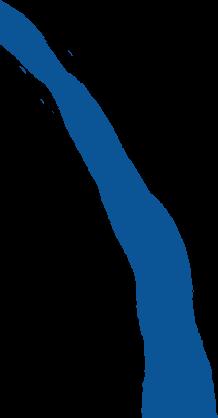

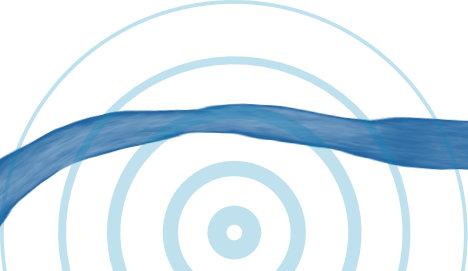

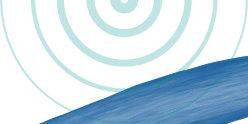
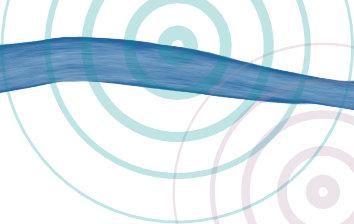
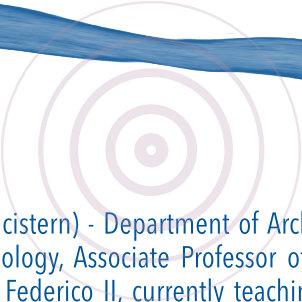

Carla Langella (design lab tutor / cistern) - Department of Architecture, University of Naples Federico II, Architect PhD in Architectural Technology, Associate Professor of Industrial Design at the Department of Architecture of University of Naples Federico II, currently teaching User Experience Design and Industrial Design. She founded and coordinates since 2006 the Hybrid Design Lab (www.hybriddesignlab.org), a project and research laboratory dedicated to mutual relations between design and biosciences with a particular interest in biomimetics, design-driven materials, design for health and design of cultural experiences mediated by digital technologies. Her design research and publications over the last 15 years are linked by a common thread that concerns the relationship between design and science, observed from different points of view (design and biology, design and medical sciences, design and chemistry of matter, design and optical physics, scientific visualization). Her research approach is based on the comparison and collaboration with experts from different scientific fields including chemists, engineers, biologists and physicists. She has produced over 100 publications including scientific papers, contributions to books, conference proceedings and books on these topics.
Gianluigi Masucci (commoning_lab attendant / cistern) - carries out his research through daily artistic practices, starting from the observation of a subject and leading to the creation of a transmedia universe. The relationship with the territory, the workspace and the body are main elements in Masucci’s work in order to produce an original and condensed sign containing essential factors, hidden but primordial in the subjects observed. A continuous flux derives from its observation, alternating concrete materials (ink, enamel, graphite), with the fluidity of digital supports, light installations and performing arts, aiming to realize relationship devices through which it’s possible to found or regenerate spaces, sharing, collaboration and community. In 2018 he created The Conjunction of Opposites, a participated work, starting from the historical centre of Naples with lab and performing activities, initiating from a deep listening of places and memories of people, in order to regenerate the sacredness of spaces, relationships and communities. Info: https://vimeo.com/user5951231 www.gianluigimasucci.net www.lacongiunzionedegliopposti.it
Patricia Mejías (lecturer) - has worked at FAO since 2003 and has 20 years of experience in work areas related to water resources management such as assessing the impacts of climate change on water resources and agricultural production, improving irrigation efficiency, water investment planning or the water-poverty connection. His experience includes collaboration with national and international institutions in Europe, subSaharan Africa, North Africa and the Middle East,Asia and Latin America and the Caribbean. She currently leads FAO's AQUASTAT programme, which provides technical advice to government bodies on water information systems, their indicators and their integration into water investment and governance policies and strategies. AQUASTAT ensures the collection, validation, analysis and dissemination of water data and information at national, regional and global levels, as well as the preparation of national and regional reports on the status and trends of water resources. Patricia also leads the monitoring and reporting of SDG 6.4 indicators. (water stress and water efficiency) under the custody of FAO at global, regional and national levels and contribute to the preparation of the UN SDG progress report and UN-Water reports
Emily Moore (music curator / cistern) - is the founder/director of Southern Bird, an independent music management and production company which oversees small festivals, touring productions, commissions, releases, workshops, exhibitions, publications and more. She collaborates with experimental artists whose work stretches far beyond the concert hall into club culture, opera, theatre, dance, live art, film, documentary and multisensory immersive installation. She co-directed the renowned London music series Kammer Klang at Cafe Oto for five years, and recently co-founded a new festival,Another Sky, for experimental music from the SWANA (South West Asia/North Africa) region & diaspora.
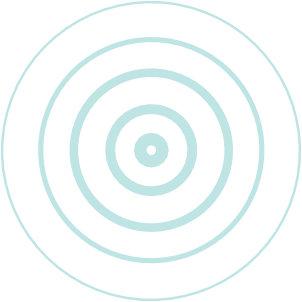
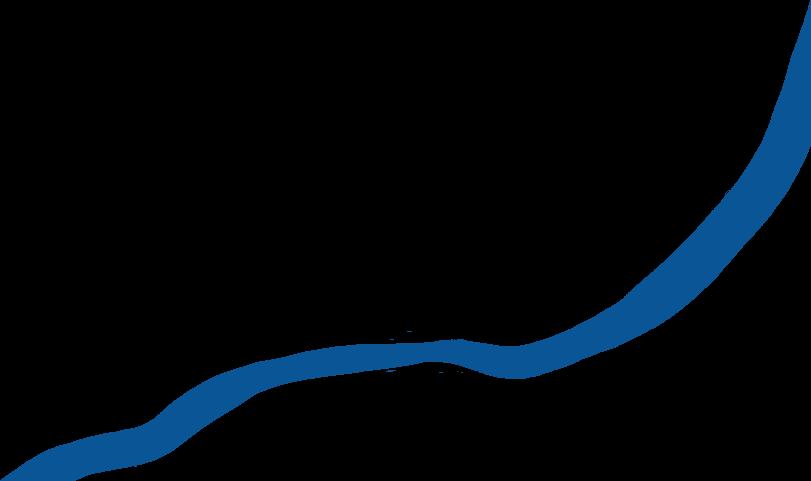
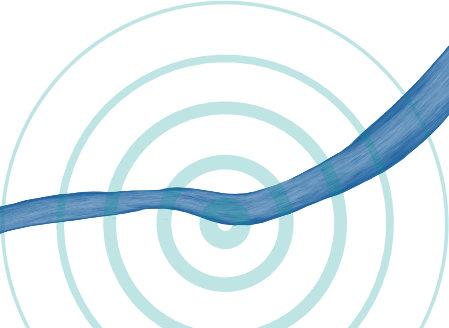
Alberto Cerezo Narváez (lecturer) - holdS the position of Associate Professor in Engineering Projects at the University of Cádiz and serves as a Researcher with the TMT Thermotechnics Research Group at the University of Seville. Graduated as an Architect from the University of Seville in 1999, earned a Master degree in Architectural Projects from the Polytechnic University of Madrid in 2006, and completed a PhD in Engineering Projects at the University of Cádiz in 2016. With 15 years of professional experience as an architect (www.behance.net/acerezon) and 2 years as Quality Director in industrial metrology, he is also a certified Project Manager by IPMA and PMI. For the past 8 years, he has been engaged as a university professor and researcher (https://www.researchgate.net/profile/Alberto-Cerezo-Narvaez). His research focuses on improving energy efficiency and sustainability in building and urbanism, optimizing management processes in construction, developing quantitative models for planning, monitoring, and controlling projects, knowledge management, digital transformation and innovation, new technologies for occupational risk prevention, and educational innovation in engineering projects. He is also the author of 26 awarded, exhibited, and/or published architectural works, 31 indexed scientific articles, 22 book chapters in renowned publishers, and 64 presentations at national and international conferences.
Pietro Nunziante (crits) - is associate professor Industrial Design at the Department of Architecture of the University of Naples Federico II. As head teacher, coordinator and design mentor he has carried out a teaching activity oriented to the ideation, design and development of application projects for the iOS ecosystem, inside the Apple Developer Academy, a special project of the University of Naples "Federico II" in partnership with Apple Inc. His research interests are expressed in a widespread activity as thesis advisor at the University of Naples "Federico II", in the scientific and organizational care of several design workshops for academic institutions, public bodies and national and multinational companies. He has developed essays and publications on digital systems in design, on methods and practices of advanced modeling and simulation for architecture and design. Outcomes of this activity are reported in scientific publications and in contributions for aspects of graphic editing, visualization, prototyping and development of information systems with public bodies, research centers and private subjects. The set of research interests can be shaped on one hand by the Design Research and on the other by the studies on Material Culture related to the design of digital environments and digital artifacts.
Obra Architects (lecturer / design lab tutor / cistern) - seeks to develop architectural projects founded on a carefully considered form of design discipline that leads, through research and rational means of construction and fabrication, to an articulation of the unique spatial combinations necessary to enrich and empower inhabitation. In this dialectical vision of the project—rational construction and empowered inhabitation—, Obra is committed to searching for the unique opportunity to develop a singular architecture: one that is not dull or insensitive to the needs of people, but that rather manages, through sensitive design, to be both intelligent in construction and generous in living potentialities. Obra designs buildings, urban master plans and landscapes that seek to realize the maximum potential of human life for those who inhabit them. Based in New York City and led by Pablo Castro FAIA and Jennifer Lee AIA LEED AP, the firm has produced a body of award-winning projects recognized by six AIA Awards, two Chicago Athenaeum Awards, the Kim Swoo Geun Preview Prize Award and the Architectural League of New York, among others. Winner of the 2006 PS1 MoMA Young Architects Program, Obra has participated for three years (2014, 2016 and 2021) in the Venice Architecture Biennale and two years of the Seoul Biennale of Architecture Urbanism (2017 and 2021).The work of Obra has been exhibited at MoMA, PS1 Contemporary Art Center, the Guggenheim, National Art Museum of China, Frac Centre Orléans, CAMPO Rome and Architektur Galerie Berlin. Obra Architects Logic: Selected Projects, 20032016 was published by Arkitektur B, Copenhagen in 2017. Perpetual Spring or The Climate-Correcting Machine, a public space project commissioned by MMCA Seoul, can be viewed at: www.perpetualspring.org www.obraarchitects.com
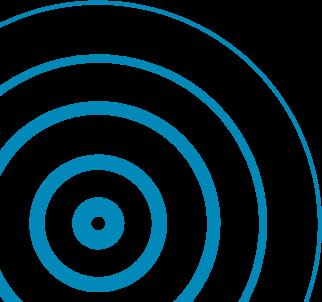
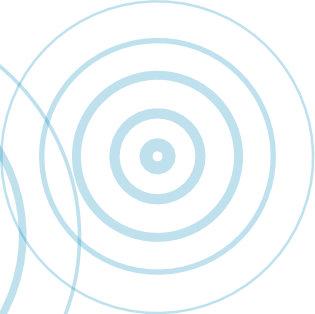

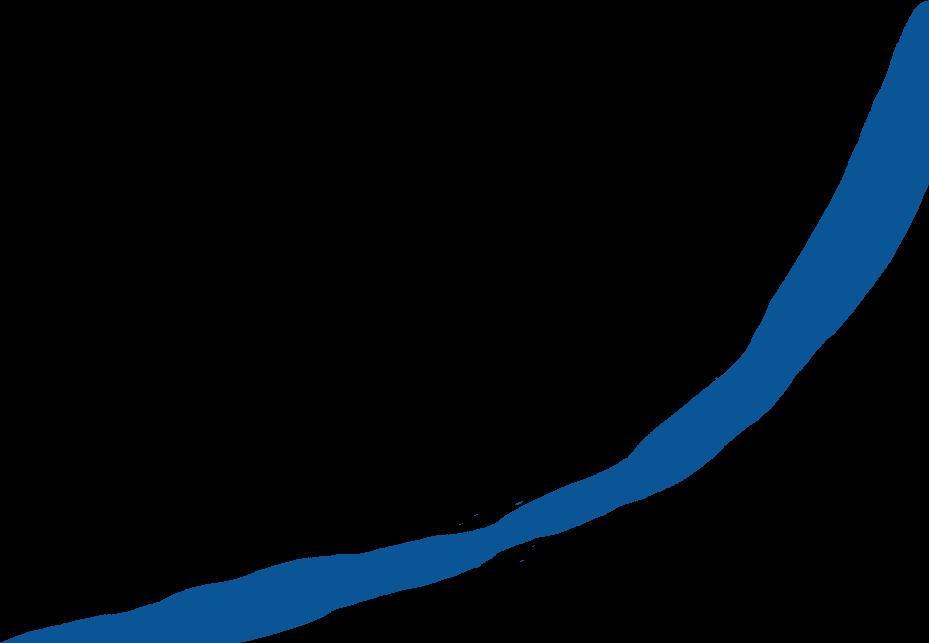

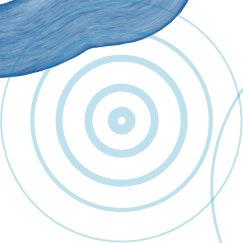

Renato Papale (lecturer) - born in Napoli, Italy, on September 6, 1954. He studied in Pisa (Italy) at the Sant'Anna School of Advanced Studies and graduated in Engineering in 1979. Has worked for ENEL Green Power from 1981 to 2014, mainly in the geothermal energy sector, holding management roles covering every aspect of the geothermal process (from the development of instrumentation for well measurements to the design of power plants and gathering systems). He has also worked on the prospects of the renewable energy market. In 2014 I joined STEAM, an international engineering and consulting firm based in Pisa, as a partner and head of Business Development. Over the last decade he has managed the design and construction of geothermal power plants, as Project Engineer and/or Project Manager: Cerro Pabellon (100MW, Enel Green Power, Chile), Olkaria 5 (165MW, KenGen, Kenya), Laguna Colorada (5MW, ENDE, Bolivia). Currently is a member of the Board of Directors of UGI Unione Geotermica Italiana, the national association that is part of EGEC European Geothermal Energy Council and IGA International Geothermal Association.
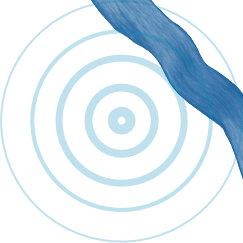
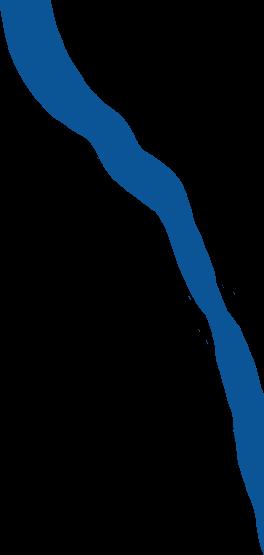
Kyong Park (lecturer / cistern) - is professor at University of California, San Diego (UCSD) since 2007, and the founding director of StoreFront for Art and Architecture in New York (1982-1998). He was a curator of Gwangju Biennale (1997), Artistic Director and Chief Curator of Anyang Public Art Project (2010), both in South Korea. His solo exhibitions include "Kyong Park: New Silk Road'' at MUSAC in León, Spain (2009-10), and “Imagining New Eurasia,” a sequence of three research art exhibitions at the Asia Culture Center in Gwangju, South Korea (2015-18). He was a co-director/curator of “20985: Together How?” in the Korean Pavilion of Venice Architecture Biennale 2023. In the Preennale of Water 2024, he will present a series of lectures on climate endgame, failure of progress and ancient water systems, and participate in design workshops.
Paolo Pontoniere (Fulbright Program Specialist / round table curator) - is a journalist, international business development expert and social scientist who began his career as a union organizer for the unhoused on behalf of L'Unione Inquilini Union in Naples' Scampia's. From there, he started a life-long career in journalism and social activism, promoting Italy and Napolitude worldwide. Over the years, Pontoniere has been a stringer, a contributor, an editor, a special envoy, a foreign correspondent, and a radio-TV anchor for major Italian and American media, including Frigidaire, Pacific News Service, L’Espresso, Focus, La Repubblica, Processed World, The Los Angeles Times, E! Entertainment Television and proto.life. Pontoniere is the editor and publisher of The Italifornian, an online media reporting on the history of the Italians of California. Pontoniere curated several projects, including the Third Millennium Evidentia Foundation, which aimed to establish a transoceanic museum to explore the future, the return of the Axum Obelisk from Rome to the people of Africa’s Tigray region, and Unite the Two Bays, a program promoting economic and cultural ties between Naples and San Francisco. Intent on promoting local cultures in the global discourse, Pontoniere advocates for an international alliance to create a preferential path for the arrival to market of indigenous technological innovations and tradition-based products.
Marjetica Potrč is an artist and architect based in Ljubljana, Slovenia, whose interdisciplinary practice includes on-site projects, research, architectural case studies, and drawings (visual essays and diagrams). Her work documents and interprets contemporary architectural practices (in particular, with regard to energy infrastructure and water use) and the ways people live together. She has also focused on the relationship between human society and nature, and advocated for the rights of nature. Potrč has exhibited Diriyah Contemporary Art Biennial, Riyadh, (2024); the 23rd Biennale of Sydney (2022); 17th Venice Architecture Biennale (2021); Yinchuan Biennial (2018); Venice Biennial (1993, 2003, 2009); São Paulo Biennial (2006, 1996); Gwangju Biennale (2004) and Skulptur Projekte Münster (1997), and exhibited regularly at Galerie Nordenhake in Berlin and Stockholm since 2003. Her many on-site projects include public art works Future Island, Stockholm (2023), Of Soil and Water: King’s Cross Pond Club, London (2015), The Soweto Project, Soweto, SA (2014), Théàtre Évolutif, Bordeaux (2011), Between the Waters: The Emscher Community Garden, Essen (2010), The Cook, the Farmer, His Wife and Their Neighbour, Amsterdam (2009) and Dry Toilet, Caracas (2003). From 2011 to 2018 she was a professor at the University of Fine Arts (HFBK) in Hamburg, a recipient of the Hugo Boss Prize from the Guggenheim Museum (2000), and fellowships from The New School in New York (2007), the Federal Cultural Foundation of Germany and the Caracas Urban Think Tank,Venezuela (2002), the MIT Center for Advanced Visual Studies Fellowship (2004), the Curry Stone Design Prize (2008), and the Medal for Merit of the Republic of Slovenia (2023).
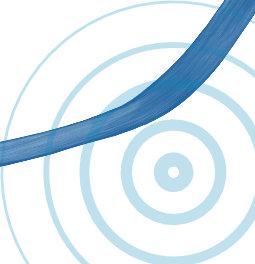

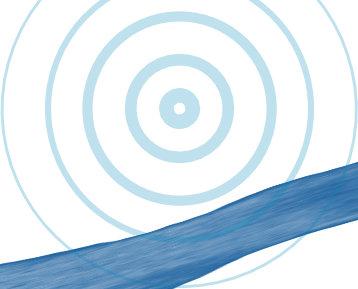

Anarchist Press. He conceived and directed the ISB Summer Schools on Neuroergonomics and Design with participants from over 20 countries. He has launched and managed educational, touristic and editorial companies, and has published several works on biourban, epistemological, political and cultural subjects.
Luca Sessa cistern / Notte di San Giuvanne curator) - is an economist and a cultural developer, with a wide knowledge of all Mediterranean cultures. He is interested in the local co-evolution of economy and culture, and in particular in the economic determinants of individual and collective behaviors, in both a macro and a micro perspective. Born in Avellino, he holds a PhD in Economics and Finance from Universitat Pompeu Fabra (Barcelona), a PhD in Economic Theory and Institutions from Università Tor Vergata (Rome) and a MSc in Economics from University of York. In 2011/2012 he was Associate to the Department of Economics at Harvard University. In 2013 he obtained the Italian Scientific Qualification as an Associate Professor in Economic Policy. In Napoli, he has teached Development Economics at Università Suor Orsola Benincasa and at Università Parthenope, and Economics and Culture at Università L’Orientale. Since 2002 he serves as an economist in the Research Department of the Banca d’Italia. His research interests and publications have included not only the two-way relation between economics and culture, but also regional economics and development, energy supply, and monetary and fiscal policy. He is the founder, main editor and organizer of Civile Meridionale. He has organized several cultural events, mainly focused on the Mediterranean cultures: festivals (the main being www.exasilofilangieri.it/festibal, theater shows, concerts, movie screenings. He is an active member of the Cool City project.
Mario Francesco Simeone (commoning_lab attendant / cistern) - graduated in History of Art at the University of Naples Federico II, he has been a member of the National Order of Journalists since 2015. He has collaborated with various newspapers, generalist newspapers and national cultural magazines. He is the editor-in-chief of Exibart and regularly collaborates with the newspaper Il Manifesto. He has carried out curatorship and press office activities in the organization of modern and contemporary art exhibitions, in collaboration with private bodies and public institutions, such as the Polo Museale della Campania, the University of Naples Federico II and the Garuzzo Institute for the Visual Arts. Since 2022 he has been part of LET_Laboratorio Explorazioni Transdisciplinari of the MADRE Museum of Naples, for which he has curated exhibitions, exhibition projects and editorial projects.He has been involved in teaching and training, as part of projects developed by the Associazione Progetto Museo, the Polo Museale della Campania, the Federico II University of Naples and the Luigi Vanvitelli University of Campania. He has won several awards in the field of narrative for short stories and since 2015 he has been in charge of the activities of the GTT artistic laboratoryGiusto il Tempo di un Tè.
Maria Pina Usai (commonig_lab attendant) - is a Ph.D. architect, independent researcher, and curator. Her research deals with instability dynamics in sea-related landscapes and investigates the coast as a paradigm of

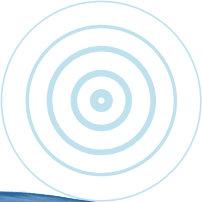
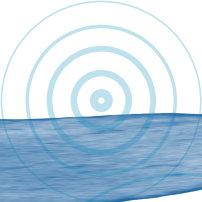
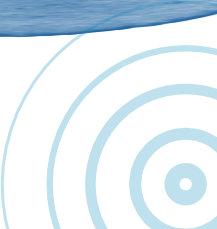
.
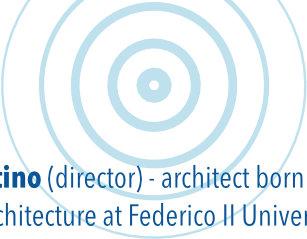
Alexander Valentino (director) - architect born in 1967 – studied photography at the Akademie der Künste (Berlin) - '86-87, Architecture at Federico II University (Naples) - '87-96, master's degree at the Bartlett School of Architecture (London) - '99 -00. Supports radical art and architecture movements and projects - '96-06. Collaborates with numerous architecture firms (e.g. Fuksas – '01-02/Ma0 - '03-04) / universities (e.g. University of Washington-l'Orientale- University of California San Diego-Federico II) - '04-24 / public bodies (e.g. ABC-Consorzio di Bonifica Volla-C.B.Agnano) - '20-24. Exhibits in various museums and galleries (Palais de Tokyo Fr / RIBA Uk /Museion It / Biblioteca Alessandrina Eg) - '01-23. Founds and supports architecture/art/ social groups and collectives - '04-24. He is a consultant to European institutions for social inclusion policies for marginalized groups (CE/CoE) - '12-15. He is the director of LAN (nomadic architecture laboratory) - '04-24 and cofounder of the multidisciplinary CoolCity project - '20-24.
Dongwoo Yim (lecturer / design lab leader / cistern) - is an architect, urbanist, writer, and educator. He is the co-founder and principal of PRAUD and assistant professor at the Graduate School of Architecture and Urban Design in Hongik University in Seoul, South Korea. As an urbanist, his research focuses on revisiting urban production as a tool for developing a circular economy and sustainable social chain. He is the award winner of the Architectural League Prize 2013, the participating artist at the 2014 Venice Biennale Korean Pavilion, the co-curator of Pyongyang Sallim at the 2017 Seoul Biennale of Architecture and Urbanism, the co-curator of the Cities Exhibition in the 2019 SBAU, and the general director of Daegu Global Studio 2023, the last three in South Korea. His publications include “AD Magazine: Productive Urbanism: The Meta Industrial City (Wiley)”, “A Language of Contemporary Architecture: An Index of Topology and Typology (Routledge)”, and “Unprecedented Pyongyang (Actar)” amongst others. https://praud.info









June 23 – July 7
Lanificio piazza E.De Nicola 46









































